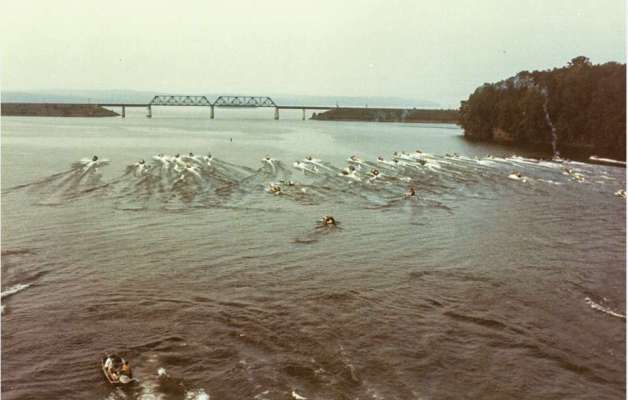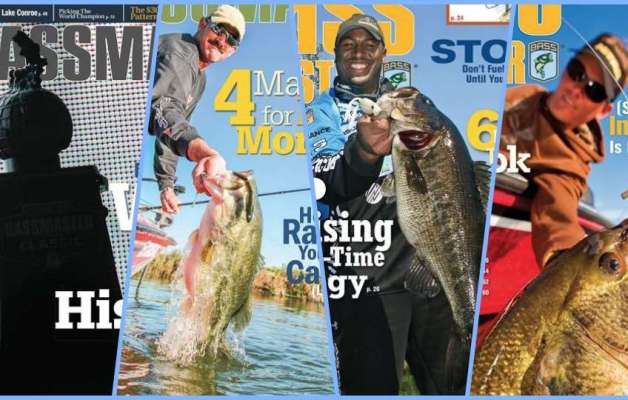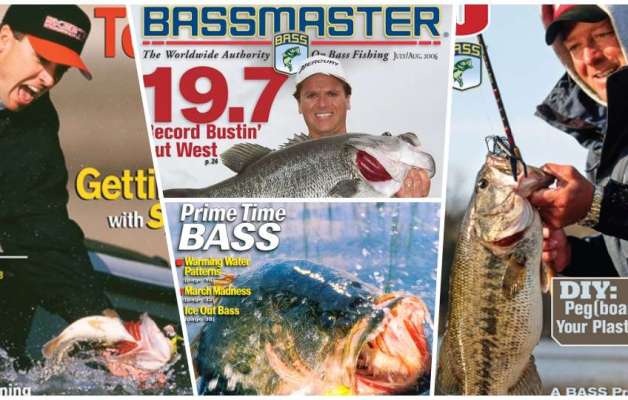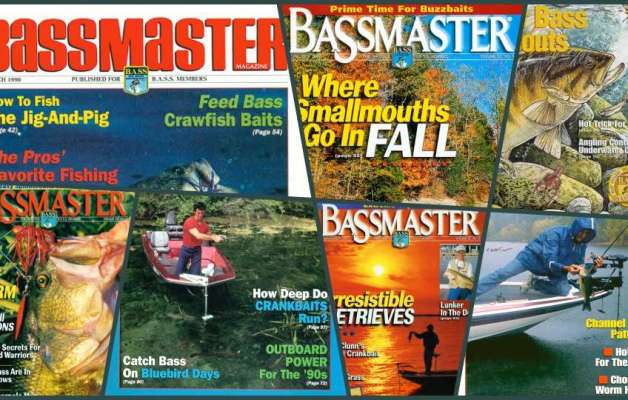
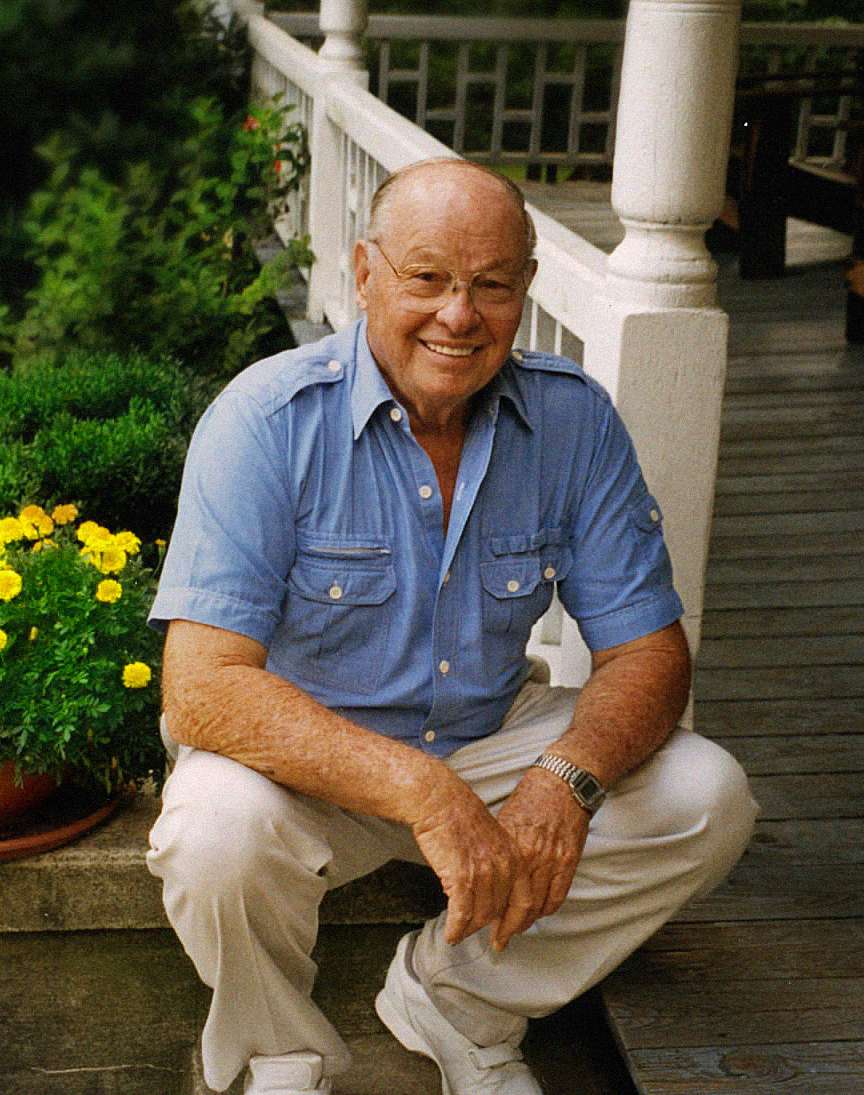
Master electrician Jim Bagley began tinkering with balsa wood in his backyard shed in Winter Haven, Florida. In 1960 he launched Bagley Baits and soon became known as one of the first major adapters of balsa wood baits. The iconic Bang-O-Lure and Balsa B series diving crankbaits became highly sought by the pros for their unique action, buoyancy and durability. Bagley sold his homegrown empire in 1980, when the company suffered hard times and came back in 2010 with new owners.
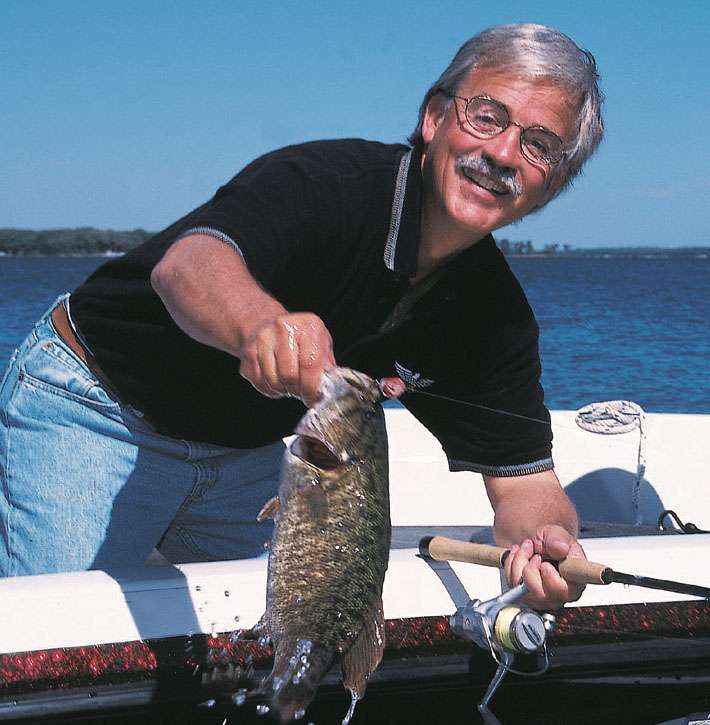
Berkley Bedellâs son, Tom, transformed his fatherâs fly tying operation in Spirit Lake, Iowa, into what became Pure Fishing. The global brand encompassed Berkley, Abu Garcia, Fenwick, Johnson and Mitchell. Tom Bedell was one of bass fishing’s most influential businessmen, with a track record for clever marketing campaigns. Team Trilene, launched in the late 1970s, signed the largest pro team at the time with the likes of Hank Parker, Jimmy Houston, Larry Nixon and other stars.
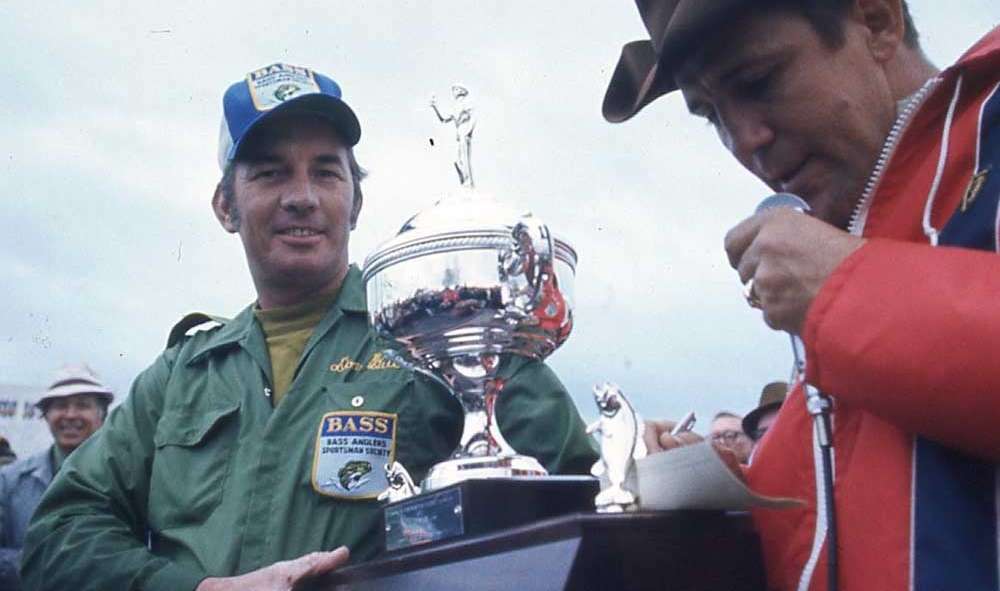
The Tulsa, Oklahoma angler paid Ray Scott $100 to become the first B.A.S.S. member and its first member for life. Butler also sparked a grudge match between the Tulsa and Memphis bass clubs that seeded entries for Scottâs first All-American tournament. Butler used his namesake S.O.B. (Small Okie Bug) spinnerbait to win the $10,000 first place check at the 1972 Bassmaster Classic. He unknowingly ignited the tournament-driven tackle industry, and started a successful wholesale tackle business.
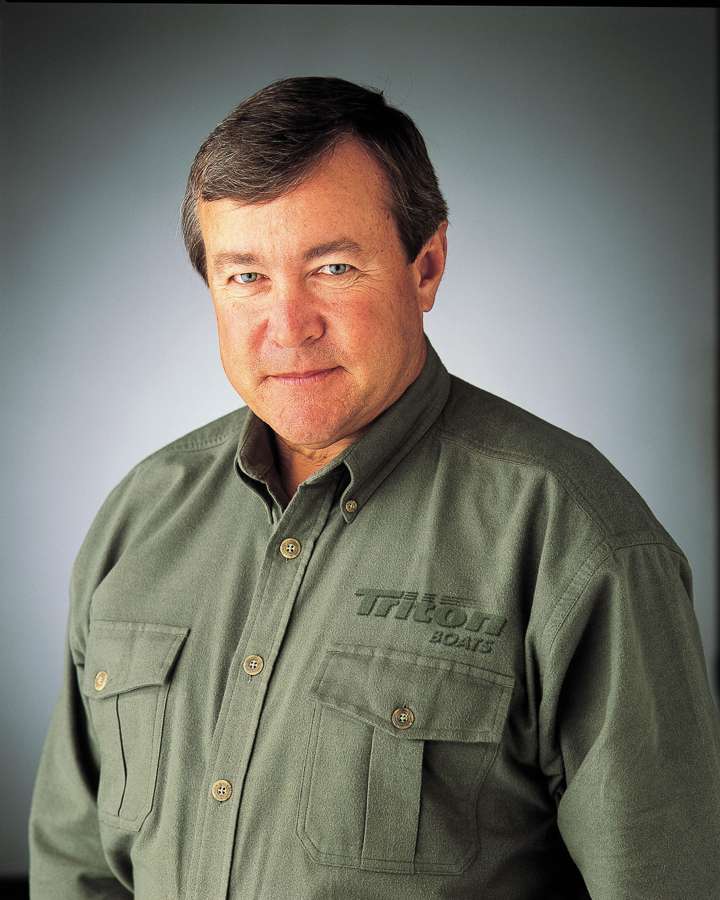
Bentz was first to drive a V6 outboard on a bass rig, and predicted that 150-hp-class engines would power the bass boat market. He founded Stratos Boat Co., sold it to Outboard Marine Corp., and then started Triton Boats in 1997, carving a major niche in the marine industry.

A former bricklayer, Brauer has won every major bass fishing title, including the 1998 Bassmaster Classic. He is credited for developing lures and techniques that are standard fare among professional and recreational anglers alike. Flipping and pitching became namesake techniques. Brauer fished 21 Classics, won 17 B.A.S.S. titles and earned $2.2 million in winnings. He placed in the money 197 of 319 tournaments fished.
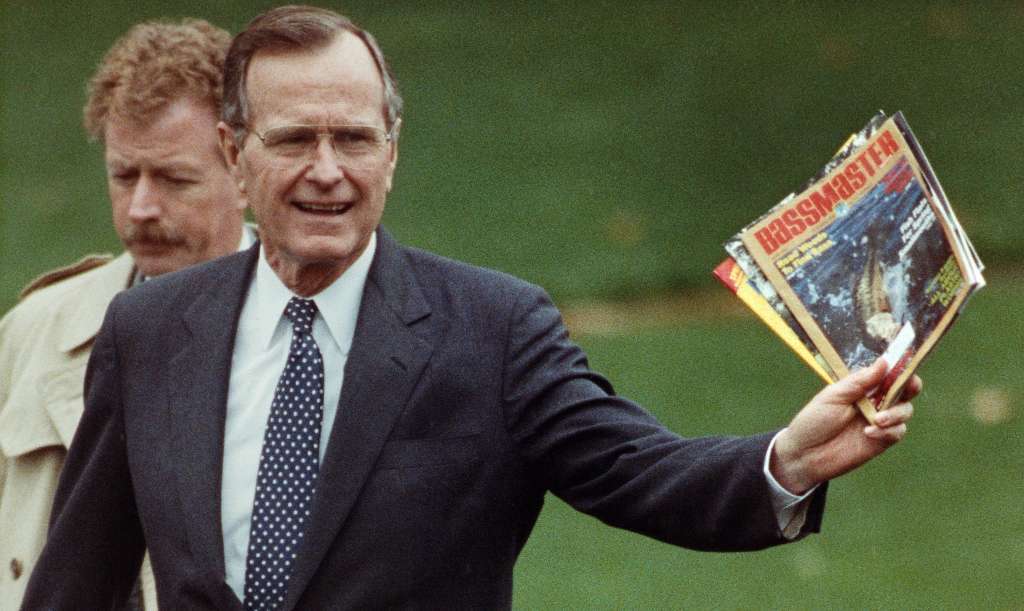
In 1984, then-Vice President George Bush made good a promise to Ray Scott that he would support passage of the Wallop-Breaux Amendment. It passed with new provisions extending the Dingell-Johnson excise taxes to previously untaxed items of boating and sportfishing equipment. As a result, hundreds of millions of dollars are generated each year to finance state fisheries programs throughout the nation.
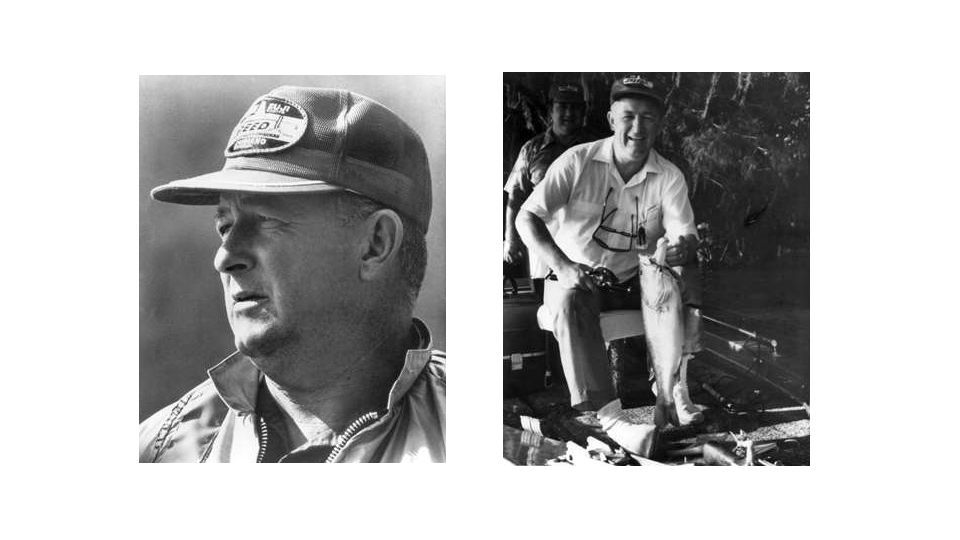
This south Alabama tackle company owner made his mark on the tackle industry by designing and importing casting tackle from Japan â including Lew’s Speed Stick rods and Speed Spool reels. He helped develop the pistol grip rod. He died in a plane crash in 1977.
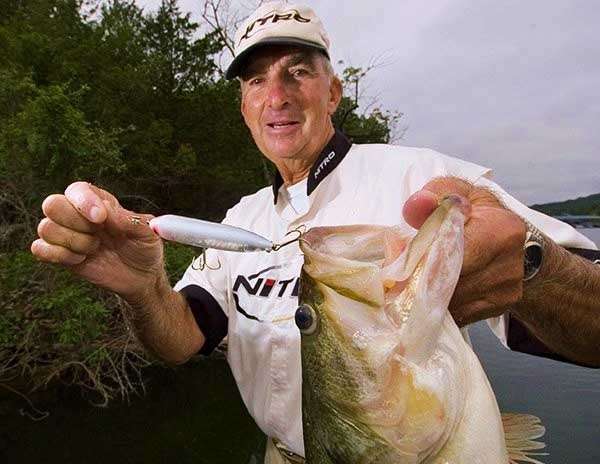
Campbell went into business for himself in 1974 as a marine dealer in Branson, Mo. In 1977 he began working for Johnny Morris of Bass Pro Shops in Springfield, Mo., where he helped design the Bass Tracker Boat. He started his fishing career as a guide on Bull Shoals Reservoir in 1958 and began fishing tournaments in 1960. He qualified for five Classics and won the Federation National Championship in 1974.
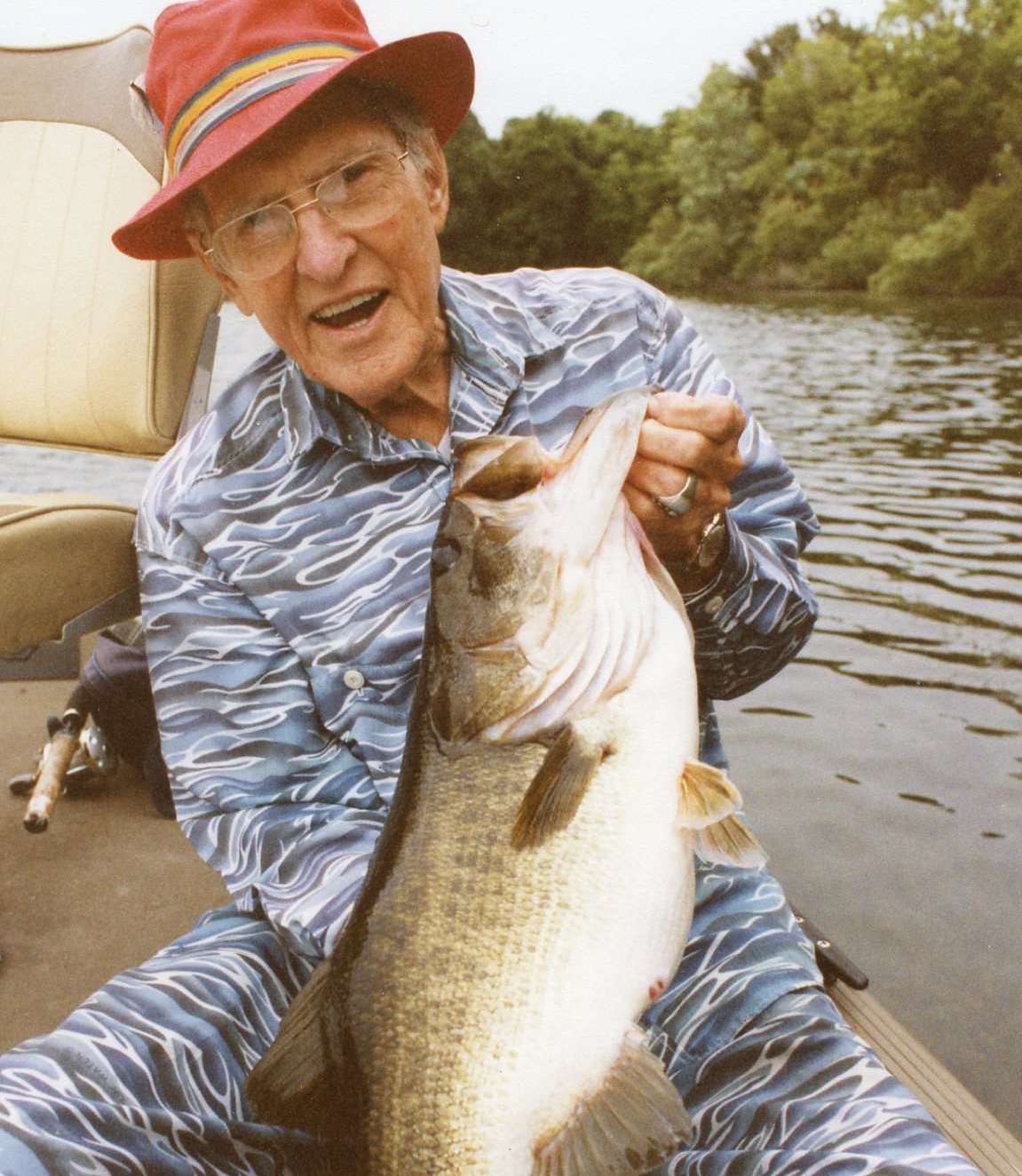
Circle was perhaps best known to many as the long-time fishing editor for Sports Afield magazine, serving in that role from 1968 through 2002. He was the author of numerous books on bass fishing, and a host of television fishing programs, such as âThe Fisherman,â âSports Afieldâ and âThe Outdoorsman.â He starred in two fishing films, Bigmouth in 1973 and Bigmouth Forever in 1996. Circleâs monthly column in Bassmaster, âAsk Uncle Homer,â was one of the most popular in the magazine. He remained active in writingâand fishingâuntil his death in 2012 at the age of 97.
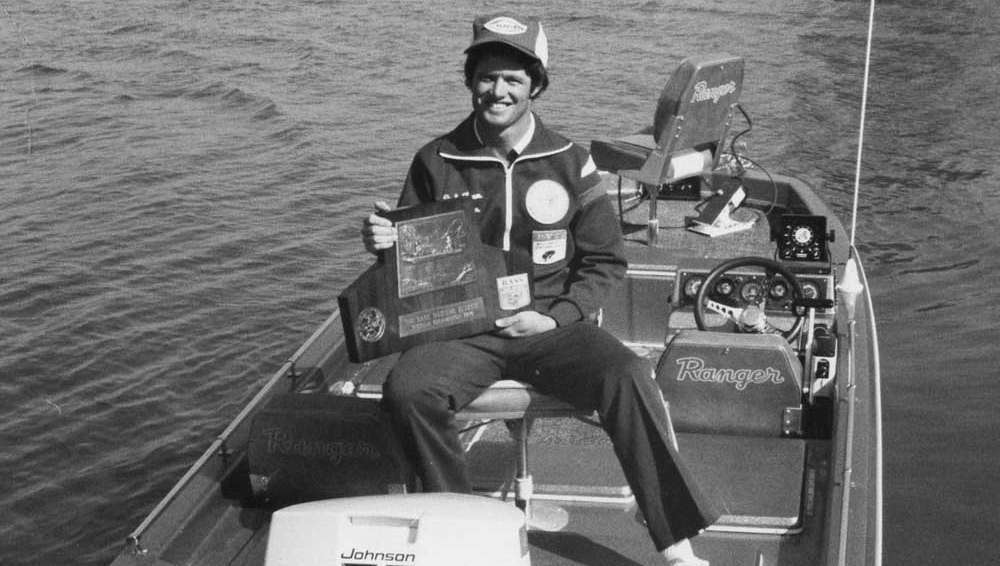
The Bassmaster Classic is branded with the name Rick Clunn, who qualified 28 straight years for the world championship, winning it four times, including back-to-back victories in his first few years on the tour. Clunn is the only angler to win a Classic in each of three decades (1976-77, 1984, 1990). He won a 2016 Bassmaster Elite Series at the age of 69. One of the sport’s most respected pros and innovators, Clunn was the first to expound on the mental aspects of competitive angling.
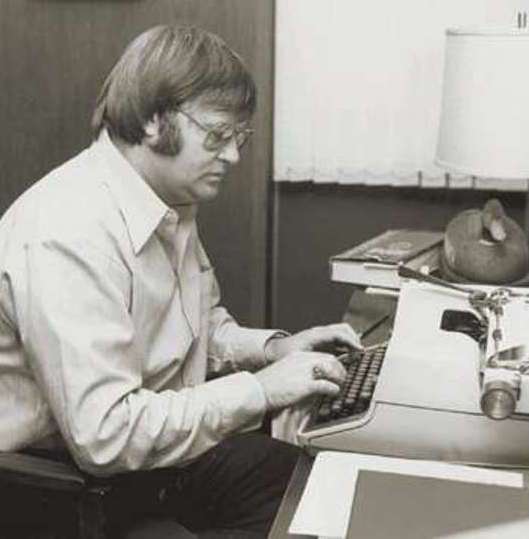
Ray Scott recruited the Tulsa Tribune outdoor editor as the first fulltime B.A.S.S. employee in 1969. Cobb went on define bass fishing journalism as editor of Bassmaster until 1984, when he became executive producer of The Bassmasters TV series. Like his other roles in 30 years of B.A.S.S. service, Cobb wore many hats, assuming the roles of producer, writer, director and host of the series through 1999.
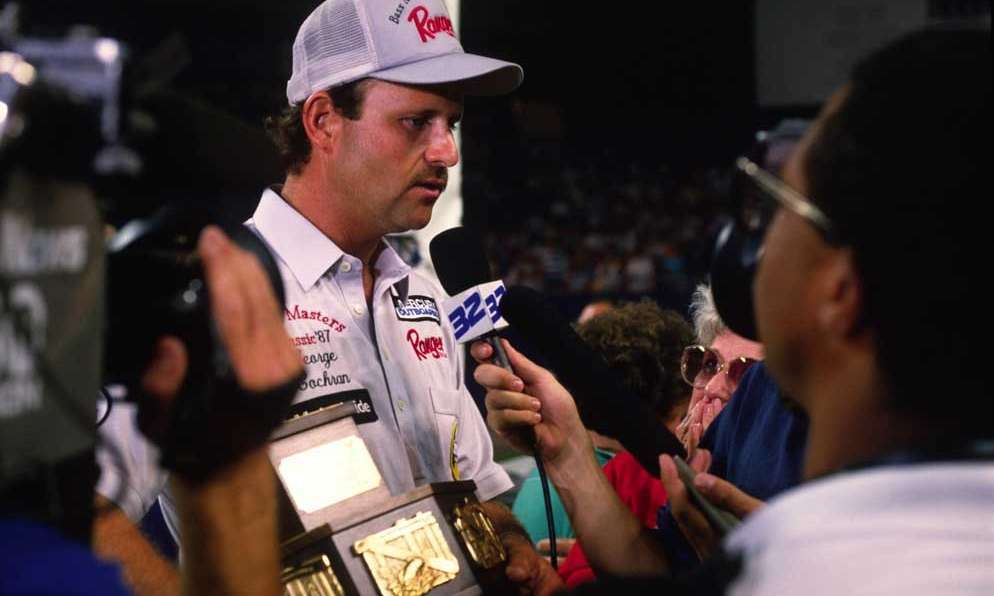
The Hot Springs, Arkansas, angler appeared in 21 Bassmaster Classics, winning the 1987 championship with 15 pounds, 5 ounces, the third lowest winning weight in history. Cochran retired from B.A.S.S. competition in 2006 after 25 years on the trail, amassing $1.1 million in earnings.
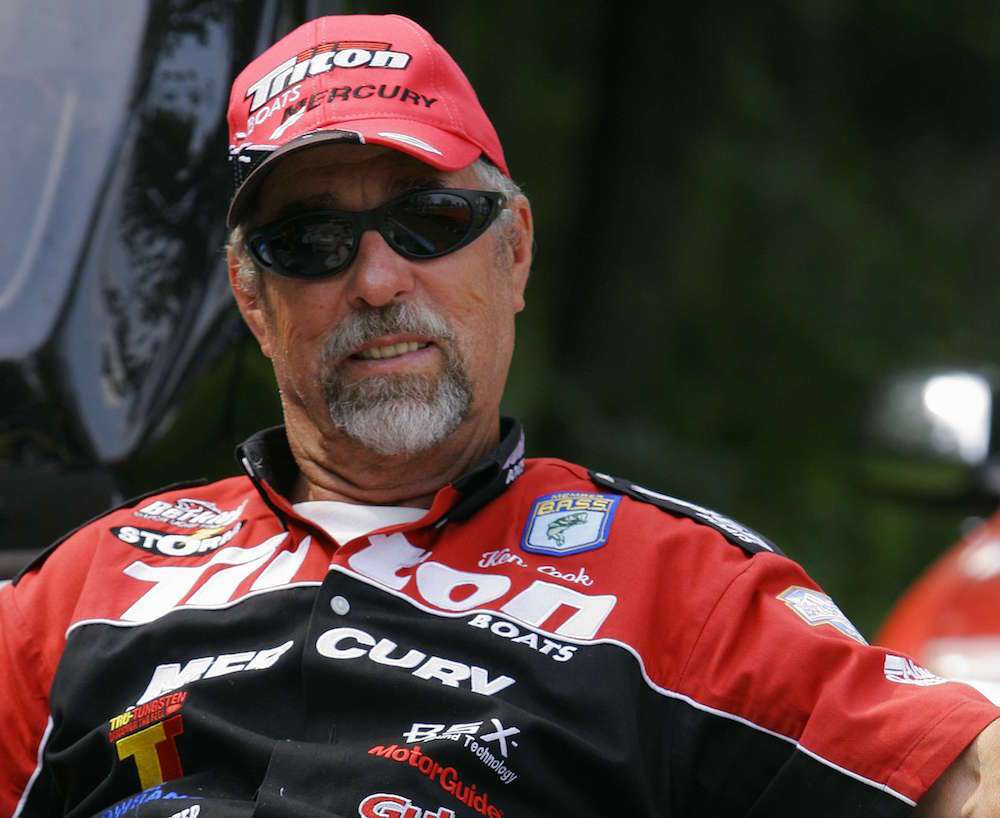
In 1983, Cook won the Super B.A.S.S. 1 event at the St. Johns River and the $100,000 cash prize was, at the time, the richest payout in bass-tournament fishing history. Cook is best known for his 1991 Bassmaster Classic victory at the Chesapeake using a spinnerbait he designed. Cook’s pro career spanned 26 years. Along with his Classic and Super B.A.S.S. victories, Cook’s B.A.S.S. stats sheet includes 300 total entries with four other wins, 13 other Classic appearances and a total of 24 Top 10s.
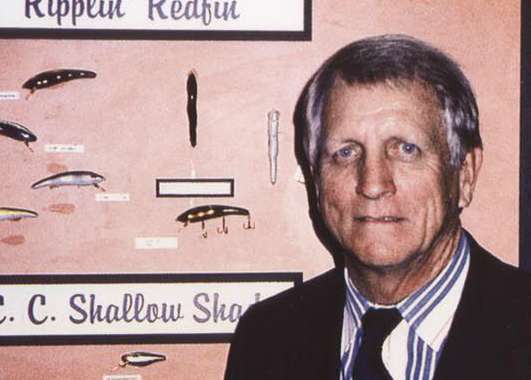
Cordell built from scratch what at one time was the largest lure manufacturing plant in the world, making lures used by top B.A.S.S. pros. The Hot Spot lipless crankbait and the plastic version of the Big O were among the familiar brands he created.
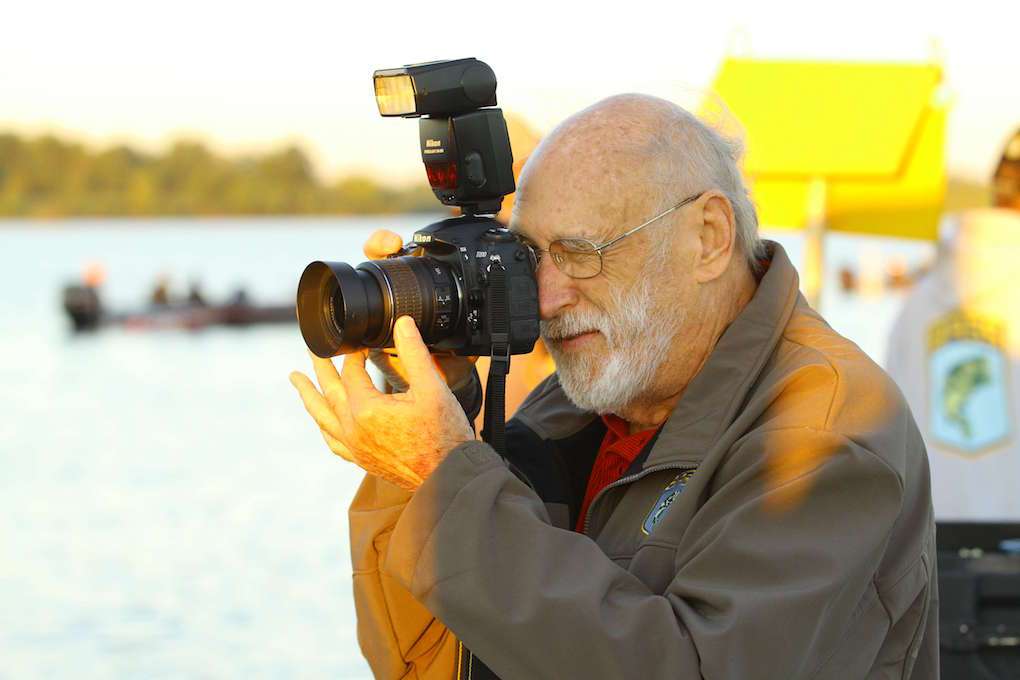
Gerald Crawford never made a cast after nearly three decades of attending B.A.S.S. tournaments, around 430 in all, between 1981 through 2008. Thatâs a mind-boggling number when you include 27 consecutive Bassmaster Classics. As the first full-time B.A.S.S. photographer he spent nearly three decades following the tournament trail. Over the years, much of what Crawford photographed became significant milestones in B.A.S.S. history.
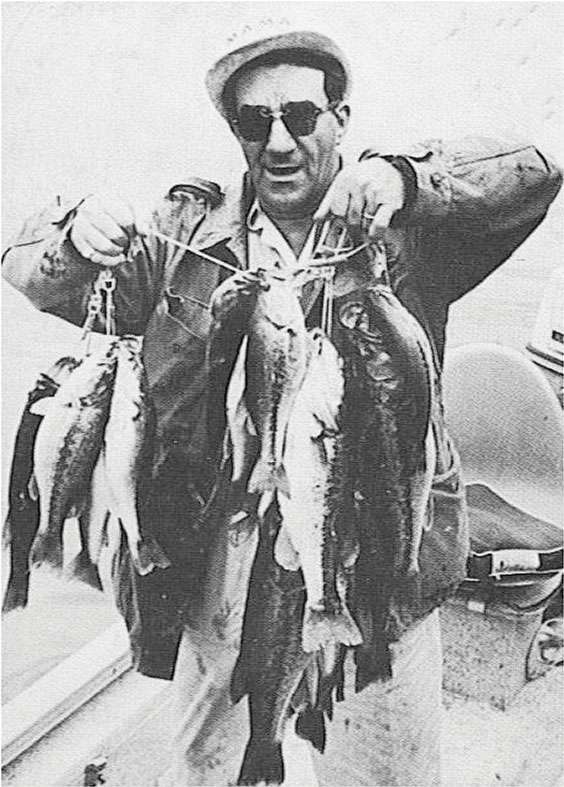
Although he invented the plastic worm in 1949, Creme recognized the marketing power of the first B.A.S.S. pros, signing Bill Dance and John Powell as spokesmen for his worms. Creme also was the first to offer slip sinkers in the late 1960s.
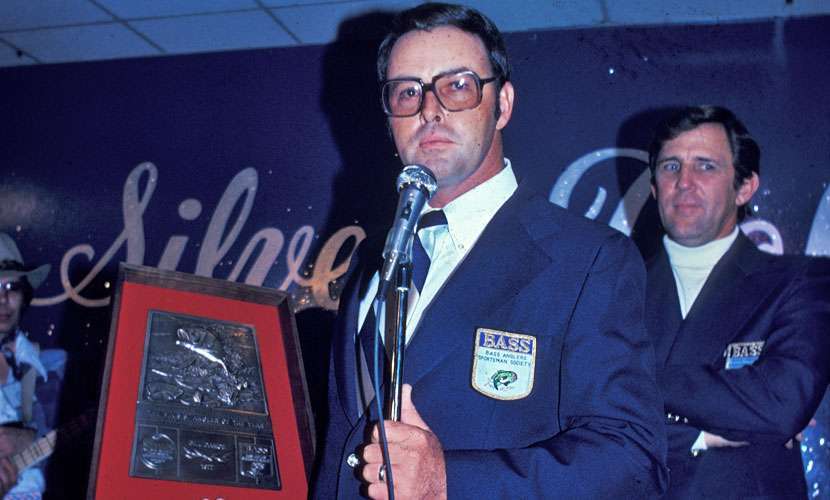
Bill Dance is a man of firsts in bass fishing history. He won the first Bassmaster Angler of the Year award (1970). Much of Dance’s legend rests on his three AOY titles and seven B.A.S.S. wins, but he has many other claims to fame, including four top 10 Bassmaster Classic finishes. Bill Dance Outdoors, his long-running TV series, has been on the air since 1968.
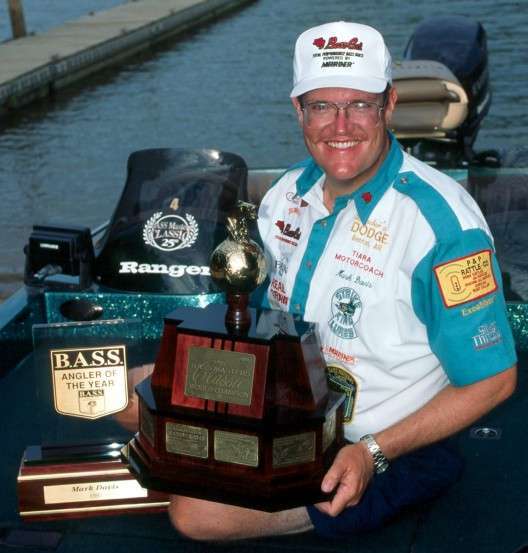
Mark Davis is a three-time Toyota Bassmaster Angler of the Year (1995, 1998, 2001), and winner of the 1995 Bassmaster Classic. The Arkansas pro is one of only two anglers to win the AOY and Classic titles in the same year. Davis has nearly $2 million in B.A.S.S. winnings since his career began in 1986 at age 23. Along the way heâs competed in 20 Classics, won 5 events and earned 56 top 10 finishes.
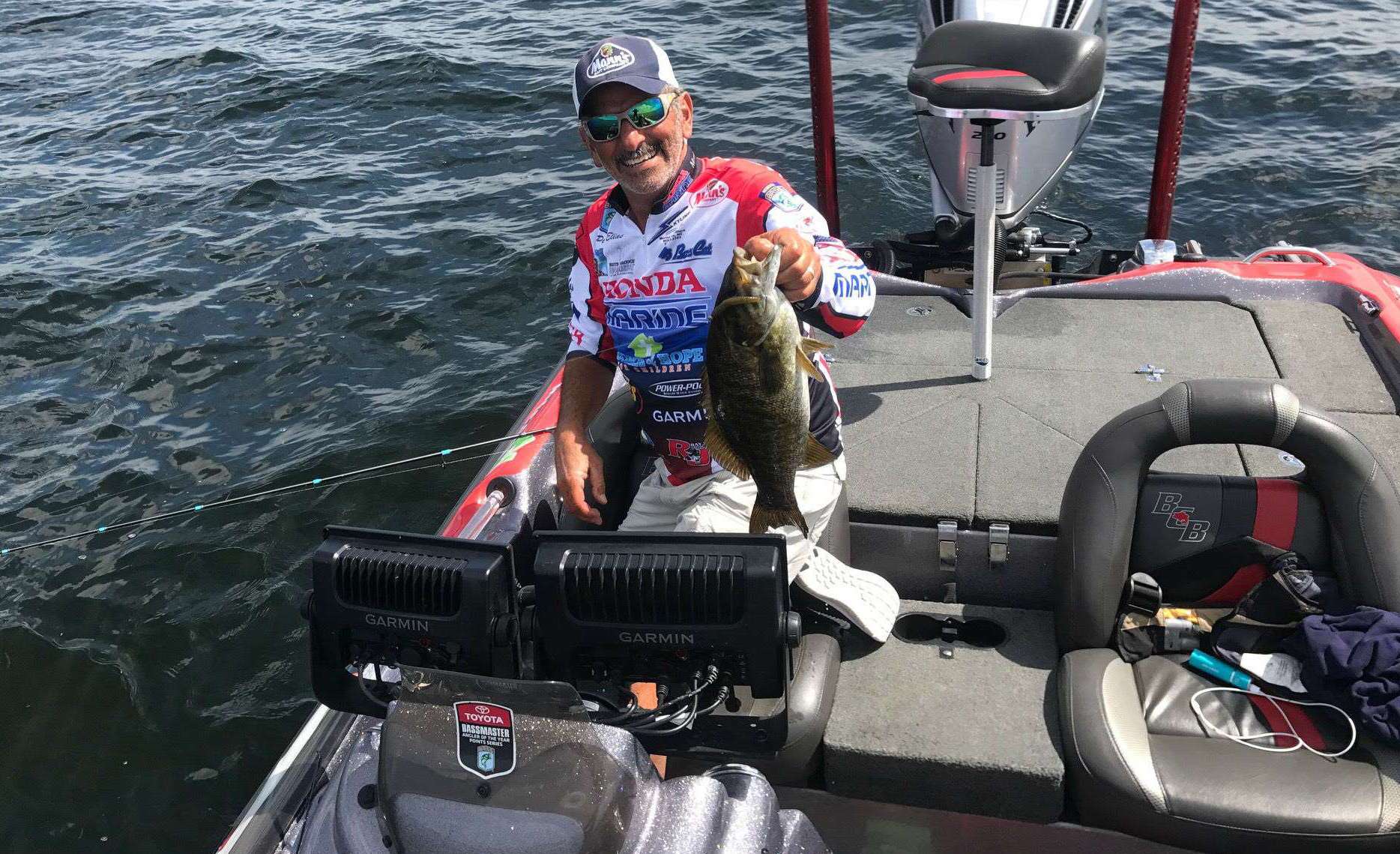
Elias joined the tour in 1979, won the 1982 Bassmaster Classic and then qualified for 16 Classics. Elias has $1.1 million and currently competes in the Bassmaster Elite Series. To win the Classic he kneeled on the casting deck, thrusting his six-foot fishing rod below the surface to gain more depth for his crankbait. Bassmaster magazine called the technique âkneeling and reelingâ and deep cranking was born. Elias then worked with Mannâs Bait Co. to develop the first true deep diving crankbait, namely the 20+ model capable of running 20 feet.
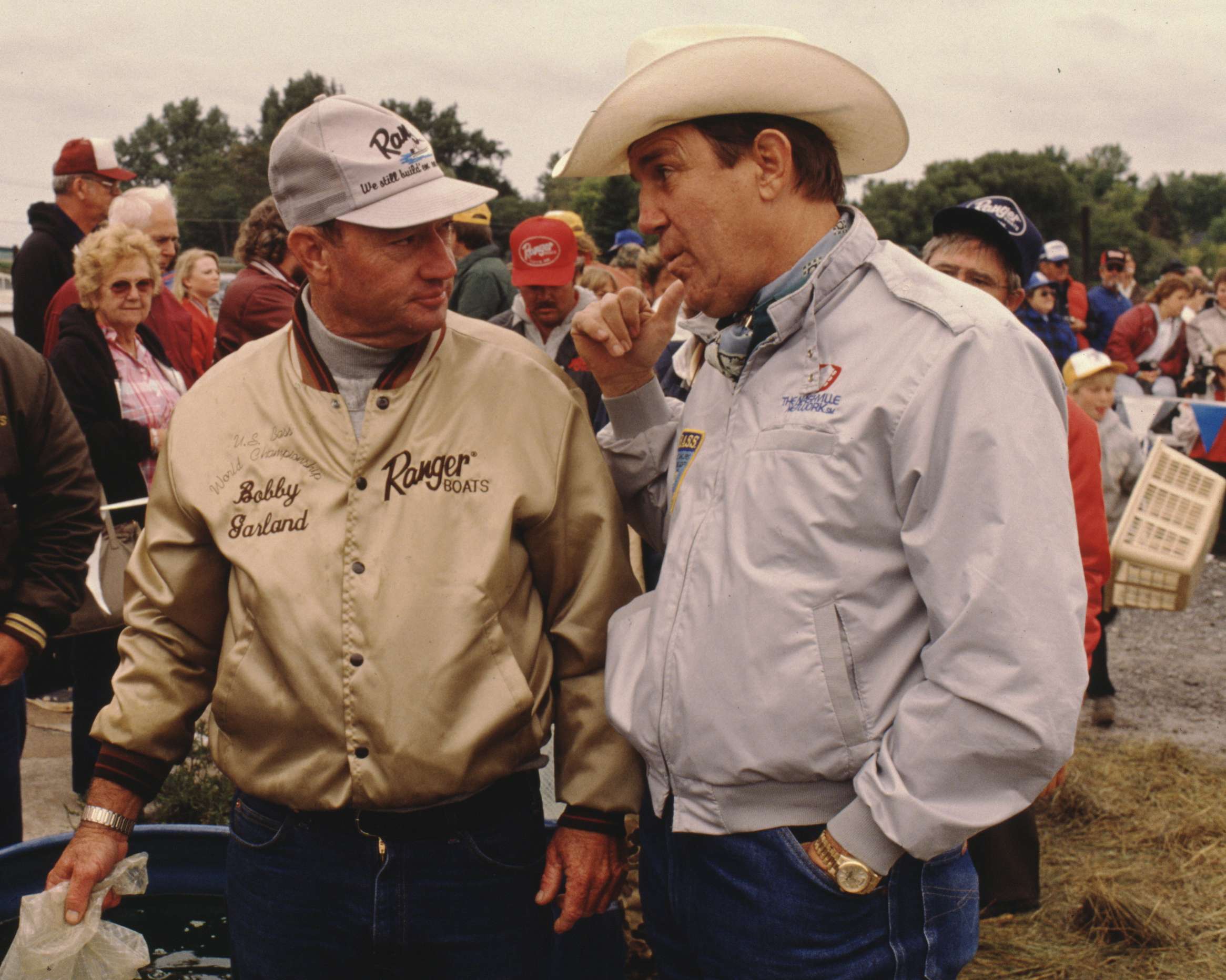
In the mid-1970s, the Garland invented the Gitzit tube jig and the Spider Grub, a collared grub fished on a leadhead jig. Gary Klein used the latter to win the 1979 Arizona BASS Invitational, bringing the Western creation nationwide notoriety and launching a revolution in soft plastic baits.
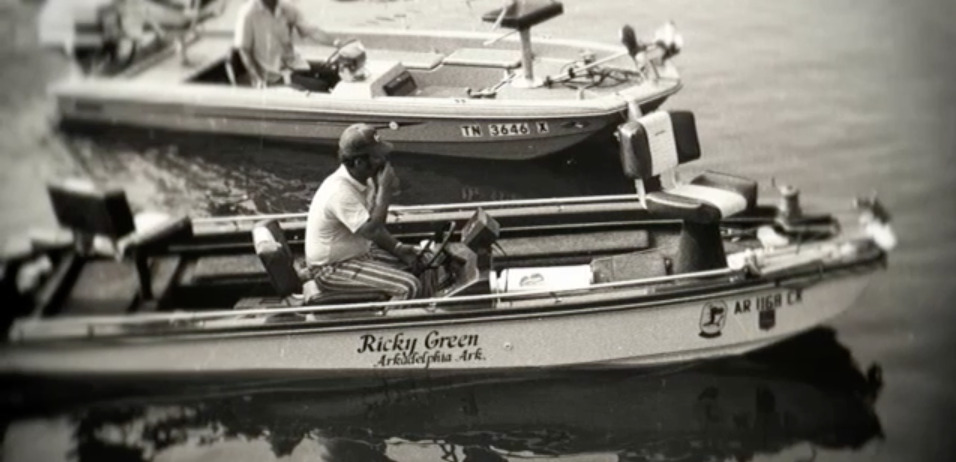
Arkansas’ Ricky Green fished his first BASS tournament in 1968 and began fishing professionally in 1974. He qualified for 14 consecutive Bassmaster Classics and three FLW Tour Championships, and is generally regarded as one of the best anglers ever. He is also the father of one-time tour pro Keith Green. He was also the first pro angler to make the front page of the Wall Street Journal.
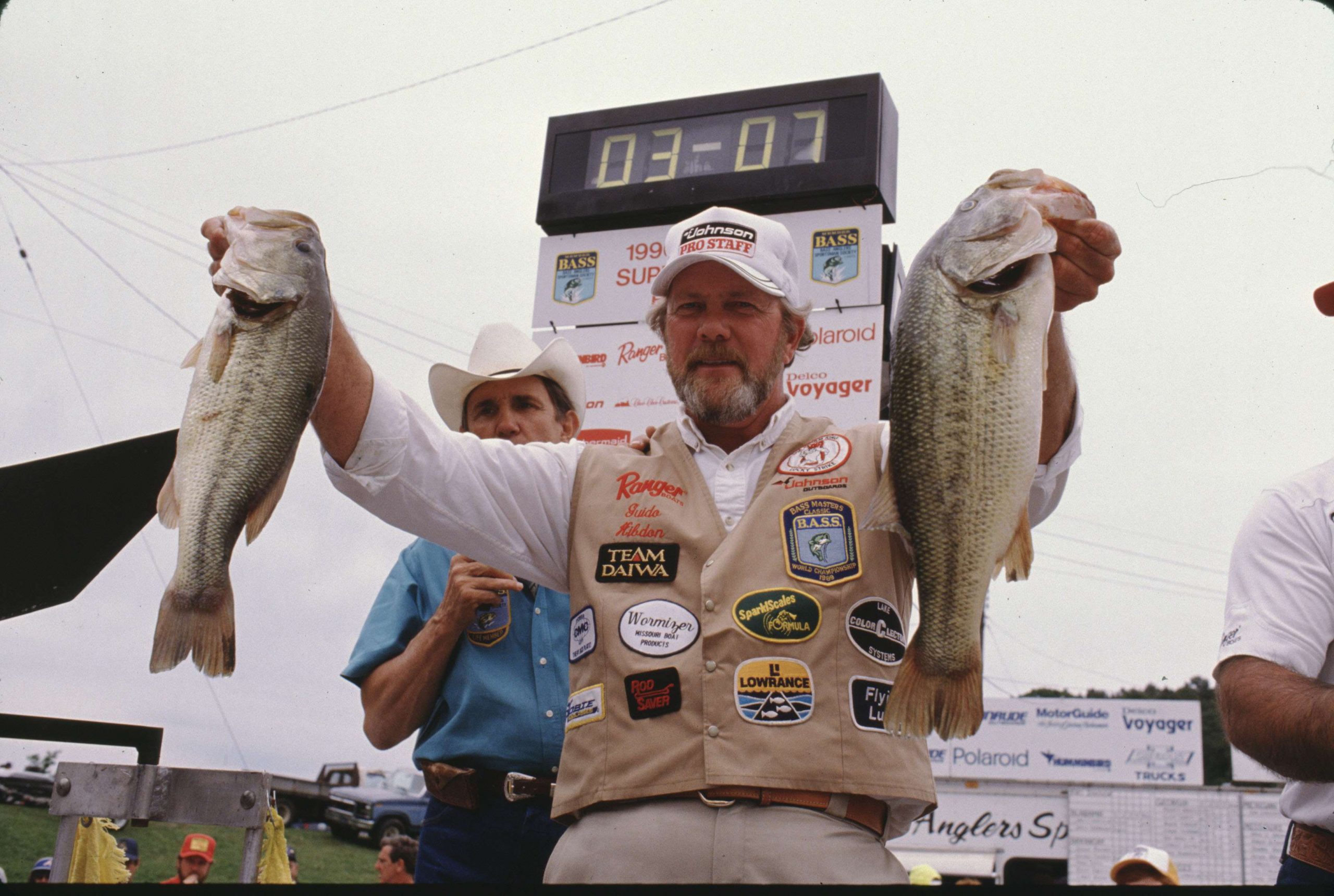
A third generation guide on Lake of the Ozarks, Hibdon, his father and brothers were practically modern-day mountain men. They guided hunters and fishermen, trapping in between to make ends meet. Hibdon started guiding crappie customers at the age of 13. The next year he quit school to be on the lake full time as a guide.
In 1980, Hibdon won the first B.A.S.S. tournament he entered on Lake of the Ozarks. He won five B.A.S.S. titles during his career and also 1990 and 1991 Bassmaster Angler of the Year. In 2002 he was inducted into the Bass Fishing Hall of Fame.
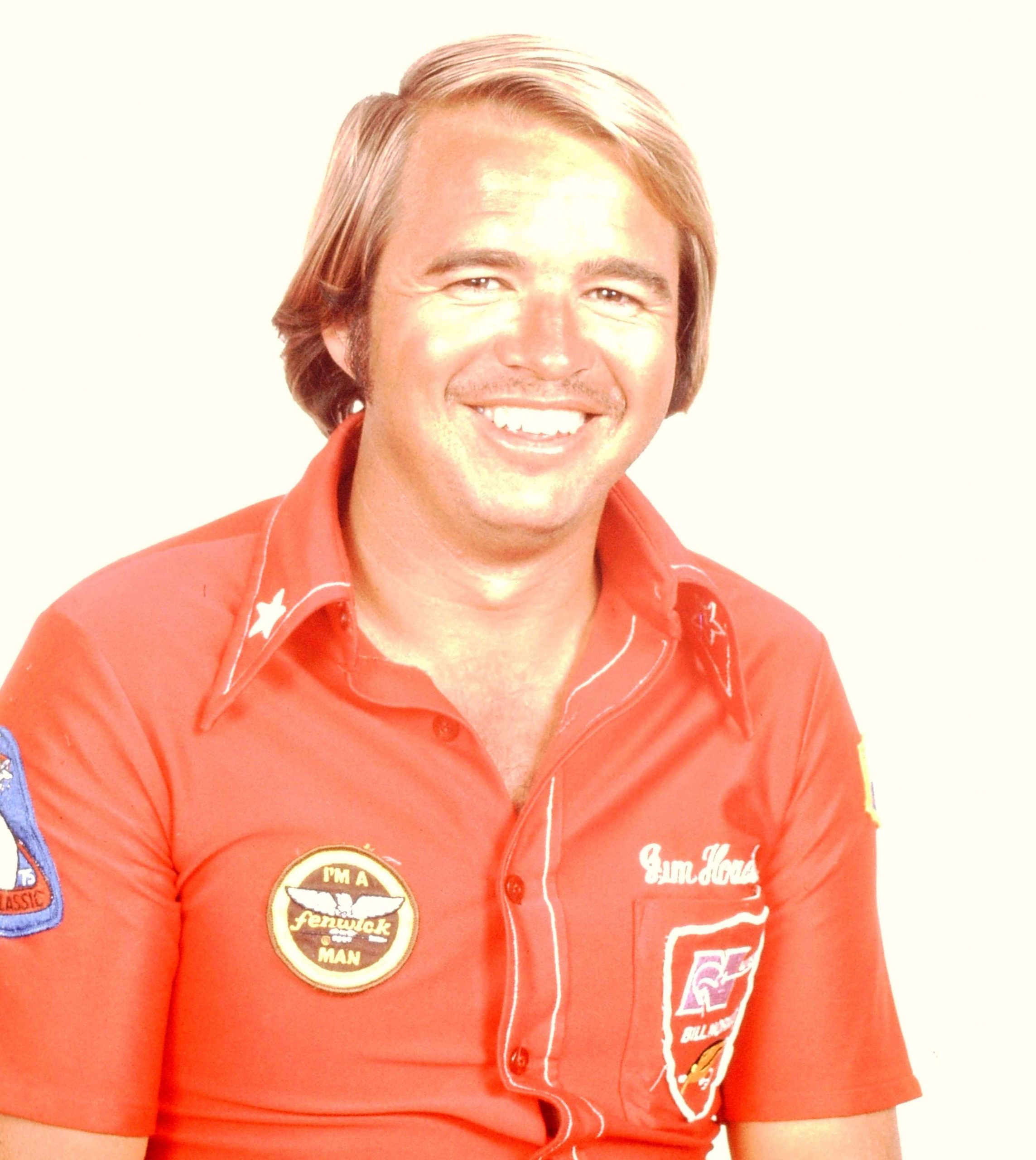
Houston began his B.A.S.S. career in 1968, competed in 15 Bassmaster Classics, won 10 national tournaments, and placed among the top money winners in more than 100 national fishing events. Houston is a two-time Bassmaster Angler of the Year (1976, 1986). Jimmy Houston Outdoors debuted in 1976 and today remains one of the most popular outdoor television programs.
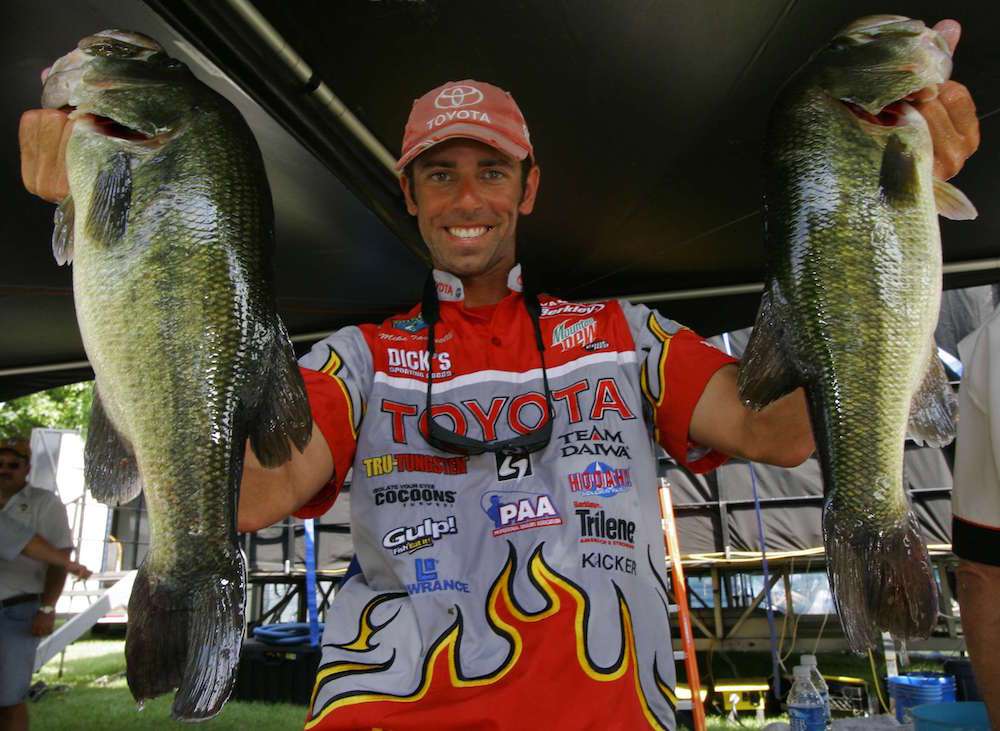
You might say the stellar career of Michael Iaconelli began in 1993, the year he founded the Top Rod Bassmasters. The club, affiliated with the B.A.S.S. Nation, laid the foundation for Iaconelliâs passion for the grass-roots side of B.A.S.S. Iaconelli fished his way up the club ranks, won the stateâs âMr. Bassâ title in 1998 and continued his climb. In 1999, the New Jersey native won the B.A.S.S. Nation Championship, and then placed sixth in his first Bassmaster Classic. Iaconelli won the title in 2003, and then became 2006 Toyota Bassmaster Angler of the Year. Iaconelli has over $2.5 million in B.A.S.S. winnings and seven wins.
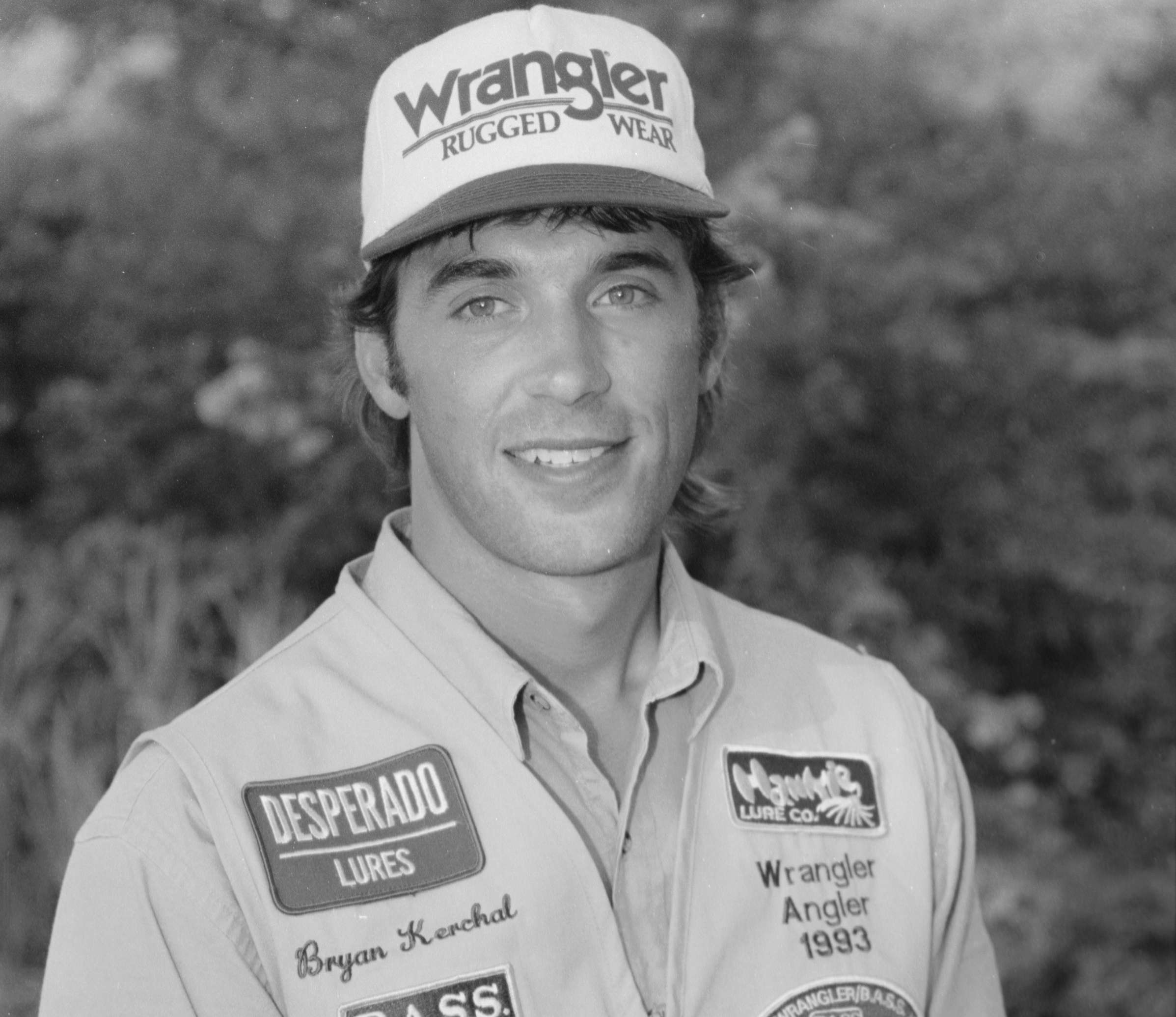
In 1994, at the age of 23, he became the first BASS club angler to win the Bassmaster Classic. Kerchal was killed in a commuter airplane crash only three months after joining the tournament trail as a pro, and his legacy lives on in the hearts and minds of bass club anglers. The B.A.S.S. Nation Championship trophy, presented to the sport’s top amateur, is named for him.
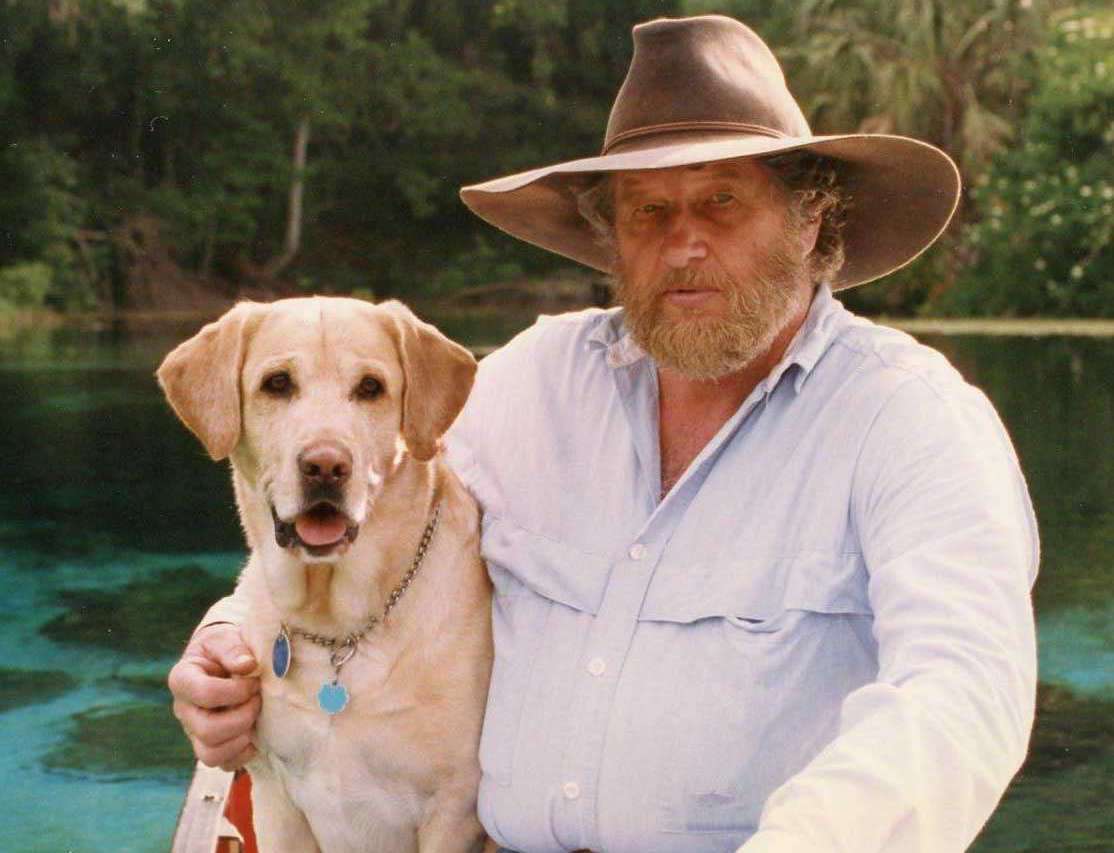
As a producer and director, Lau created more than 300 commercials and 200 television programs, including several segments of The American Sportsman, The Wild, Wild World of Animals and Quest for Adventure. He is perhaps best known for the groundbreaking documentary Bigmouth, which explored the life cycle of largemouth bass.
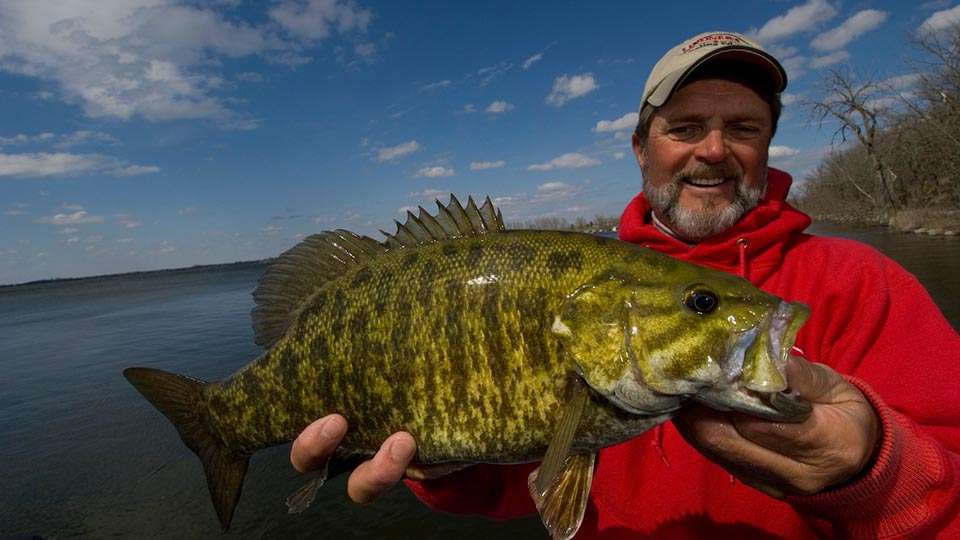
Lindner is a Minnesotan who qualified three times for the Bassmaster Classic before launching In-Fisherman magazine in 1975. He is credited for using Southern-bred bass techniques and lures to popularize the sport in the Midwest. The multimedia company he founded with brother Ron became a success and became known for creating leading multi-species content.
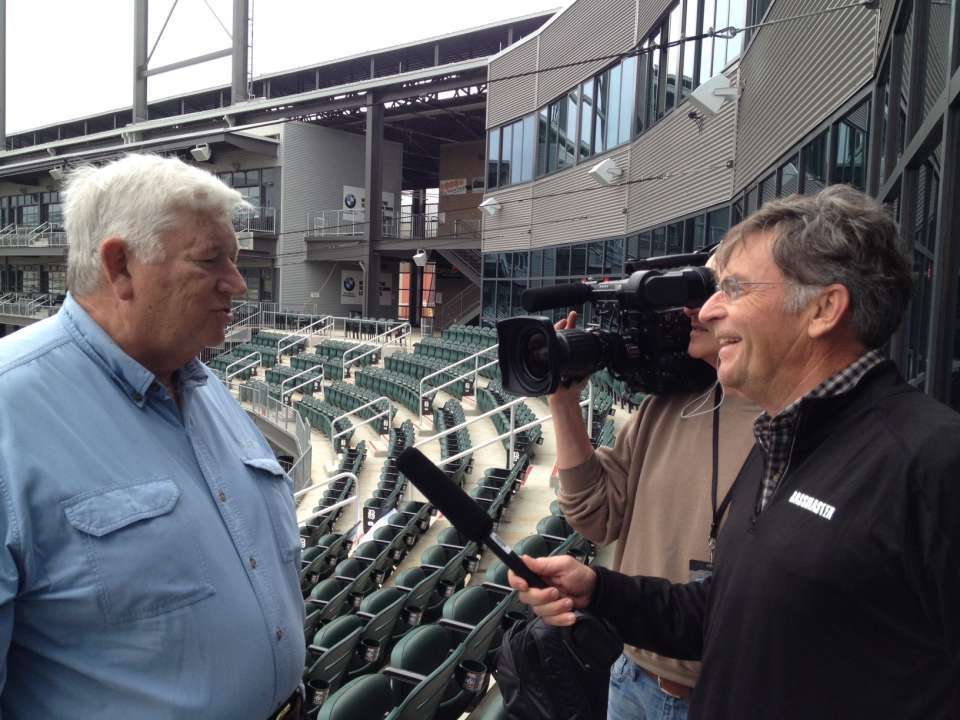
Logan, an Alabama native and avid bass fisherman was the former chairman of Time Warner Inc.âs Media and Communications Group. Because of his love for bass fishing, Logan said he had dreamed of buying B.A.S.S. even before ESPN purchased the company in 2001. The dream finally was realized when he and two partners, Jerry McKinnis and Jim Copeland, bought the company in November 2010. The group sold the majority ownership of B.A.S.S. to Anderson Media Corp. in 2017.
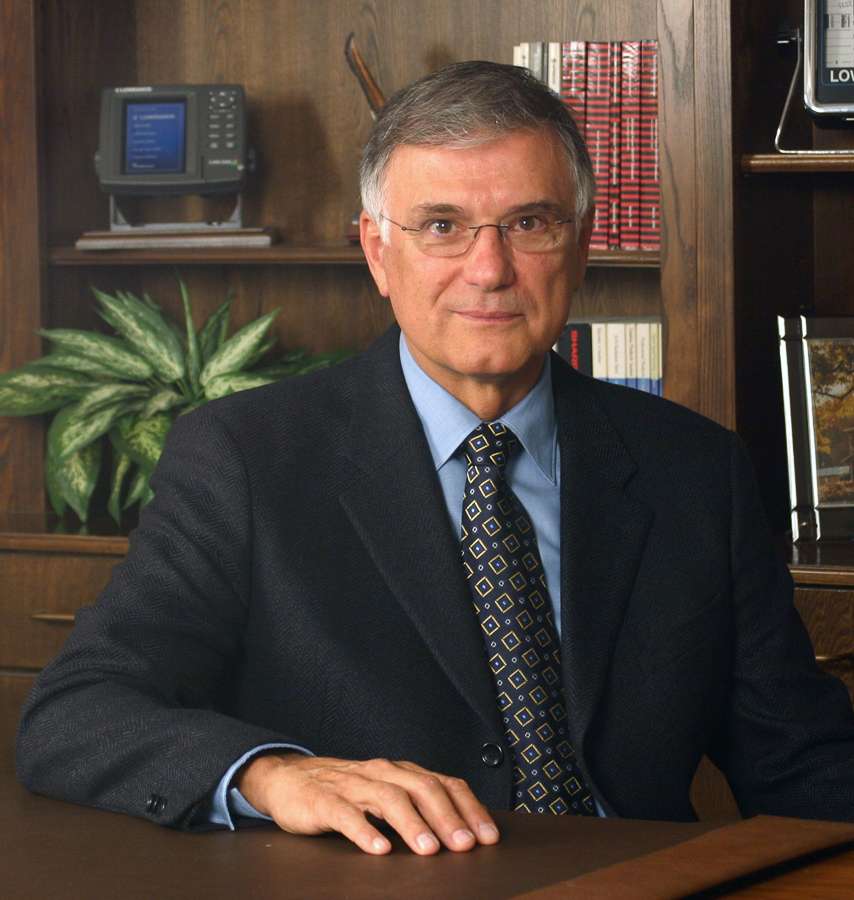
After introducing the “Little Green Box” portable sonar unit with his father, Carl, in 1959, Lowrance introduced in 1965 the first sonars capable of high-speed performance. Lowrance also unveiled the first graph recorder in 1974, among many other electronic innovations for bass fishing.
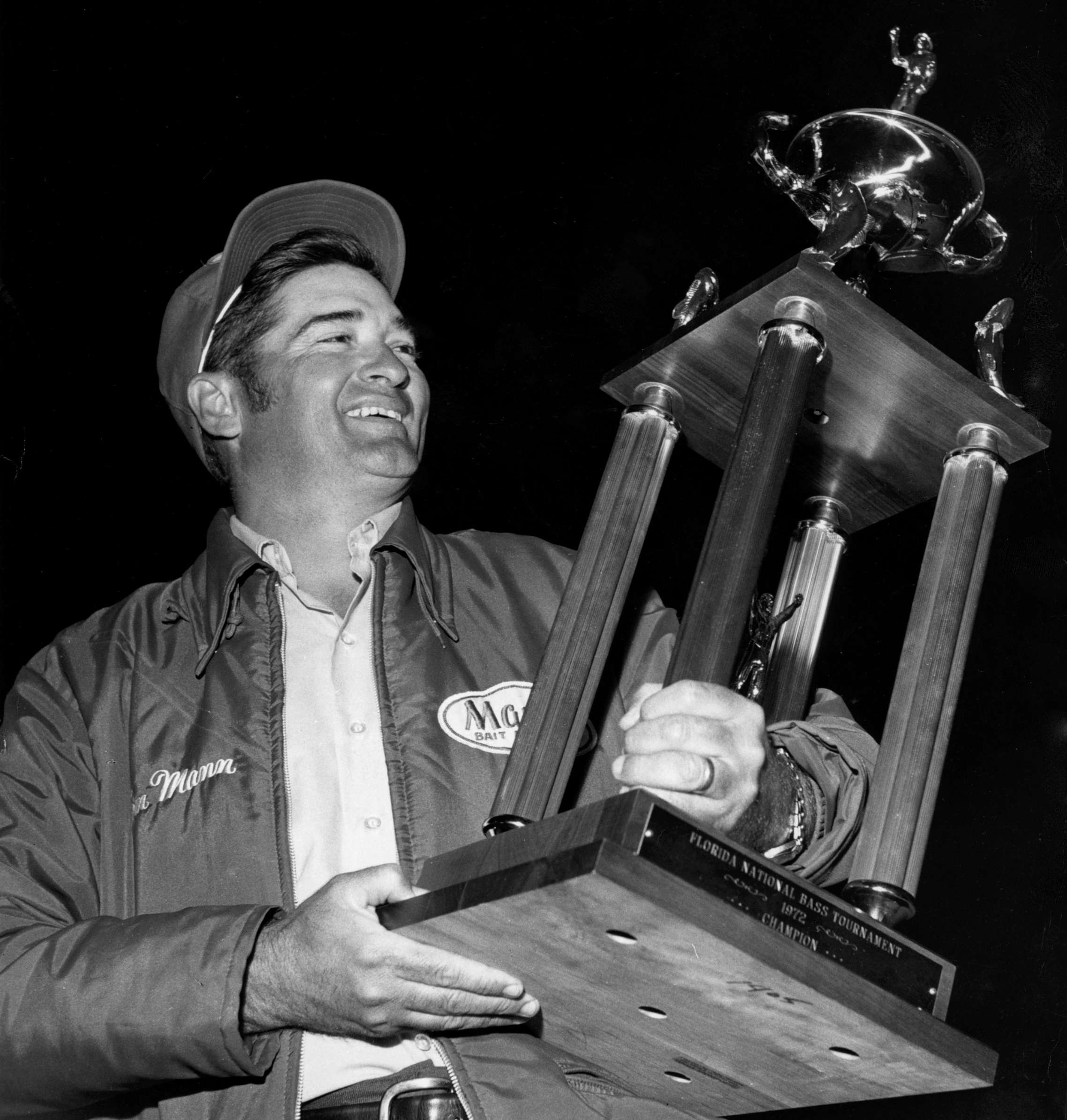
Mann was an Alabama game warden who started making Jelly Worms and Little George tailspinners in his home. He founded Mann’s Bait Co. with 30 lures in 2,400 color variations, which were marketed by the early 1980s. Mann was also a founder of Techsonic Industries, maker of the Humminbird depth sounder that he helped invent.
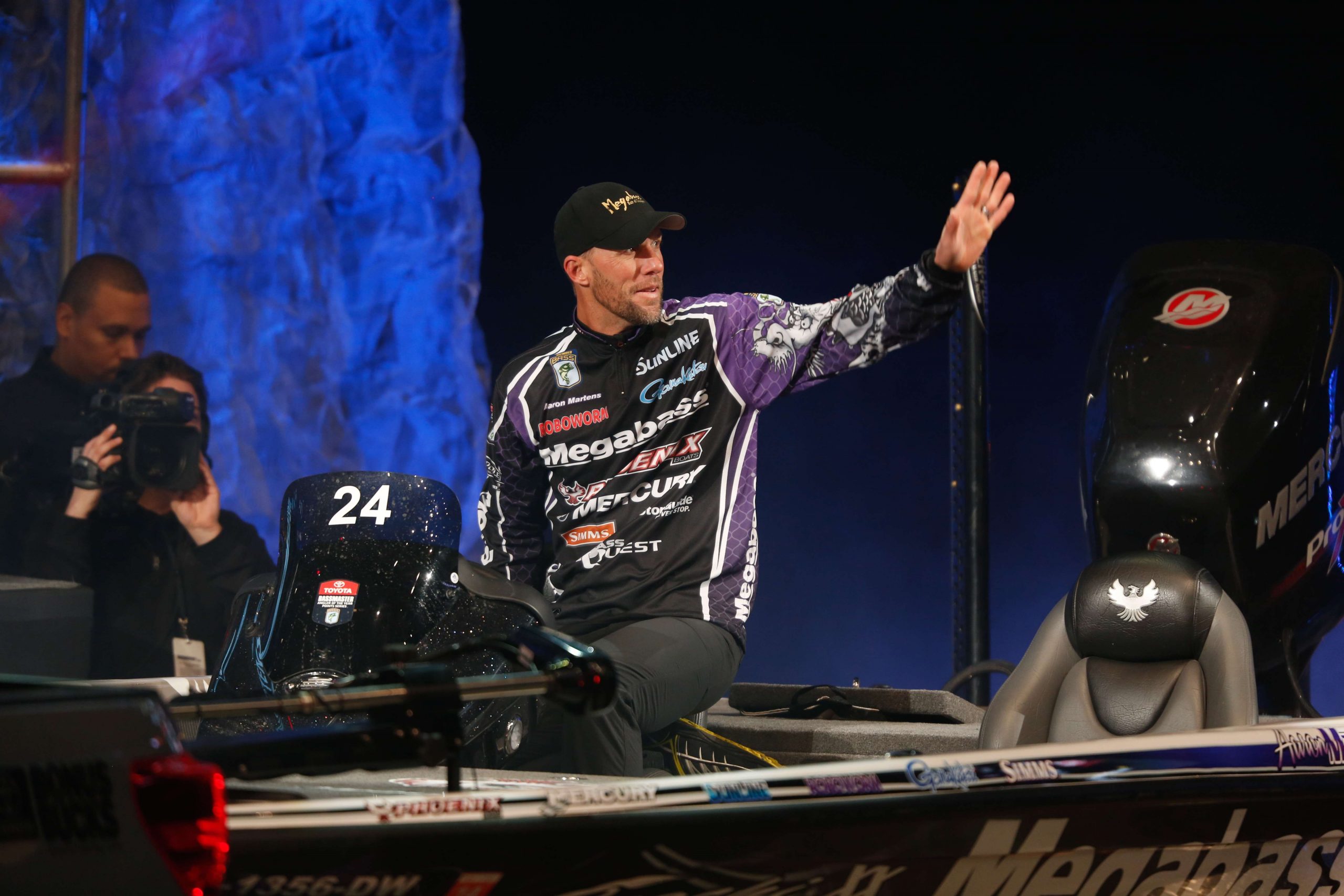
Aaron Martens is a three-time winner of Toyota Bassmaster Angler of the Year (2005, 2013, 2015). The native Californian has 19 appearances in the Bassmaster Classic, nine B.A.S.S. wins and over $3 million in earnings. He is widely respected for his dropshotting skills, although Martensâ three AOY titles attest to his reputation as a highly versatile angler.
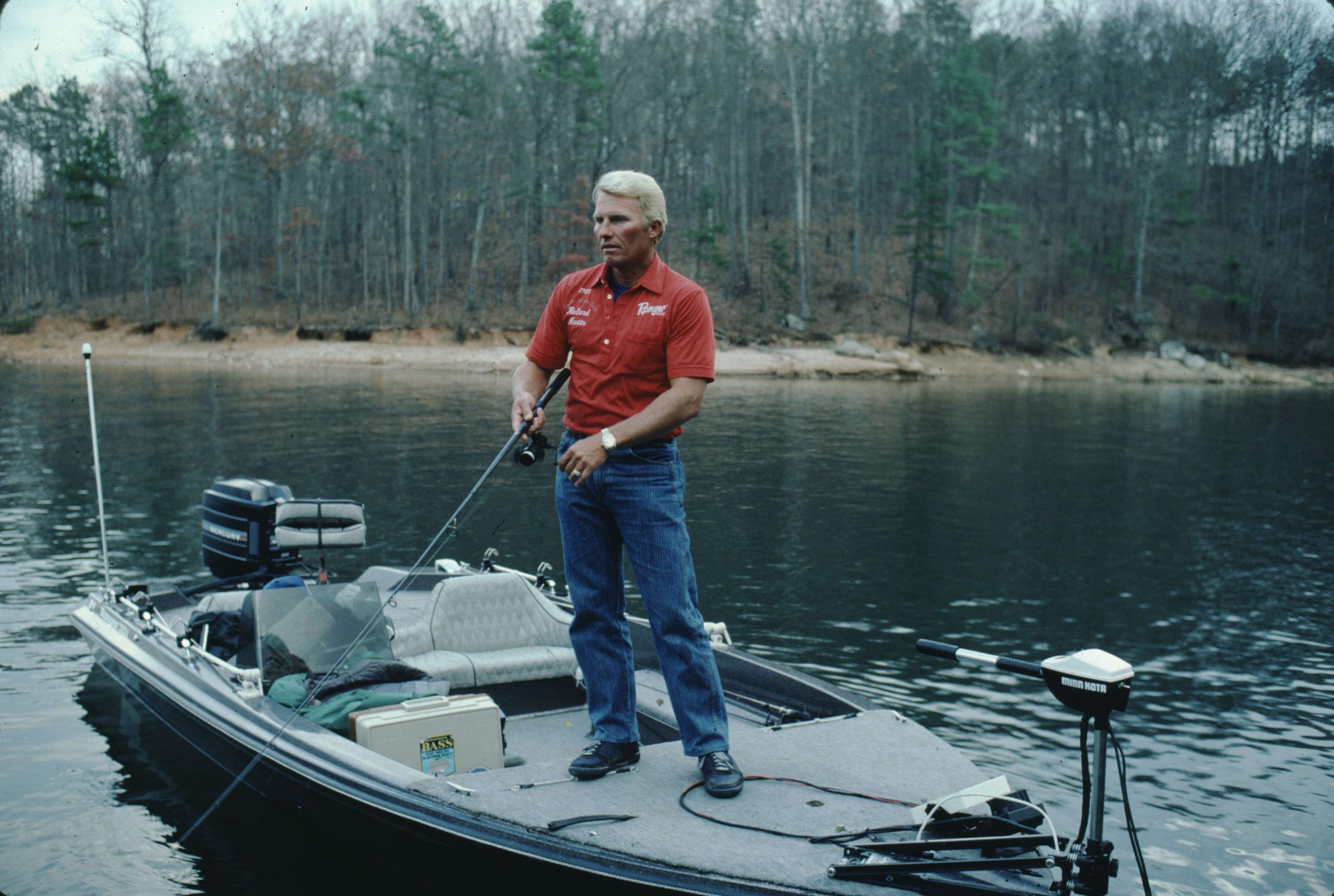
A former bass guide with an unprecedented 19 B.A.S.S. wins and nine B.A.S.S. Angler-of-the-Year titles in 50 years on the trail, Martin also hosts a long-running and popular television show. Sometimes called the father of pattern fishing, Martin helped develop the first water clarity meter and was instrumental in making depthfinders standard equipment on bass boats. He also invented numerous lures and refined old standbys.
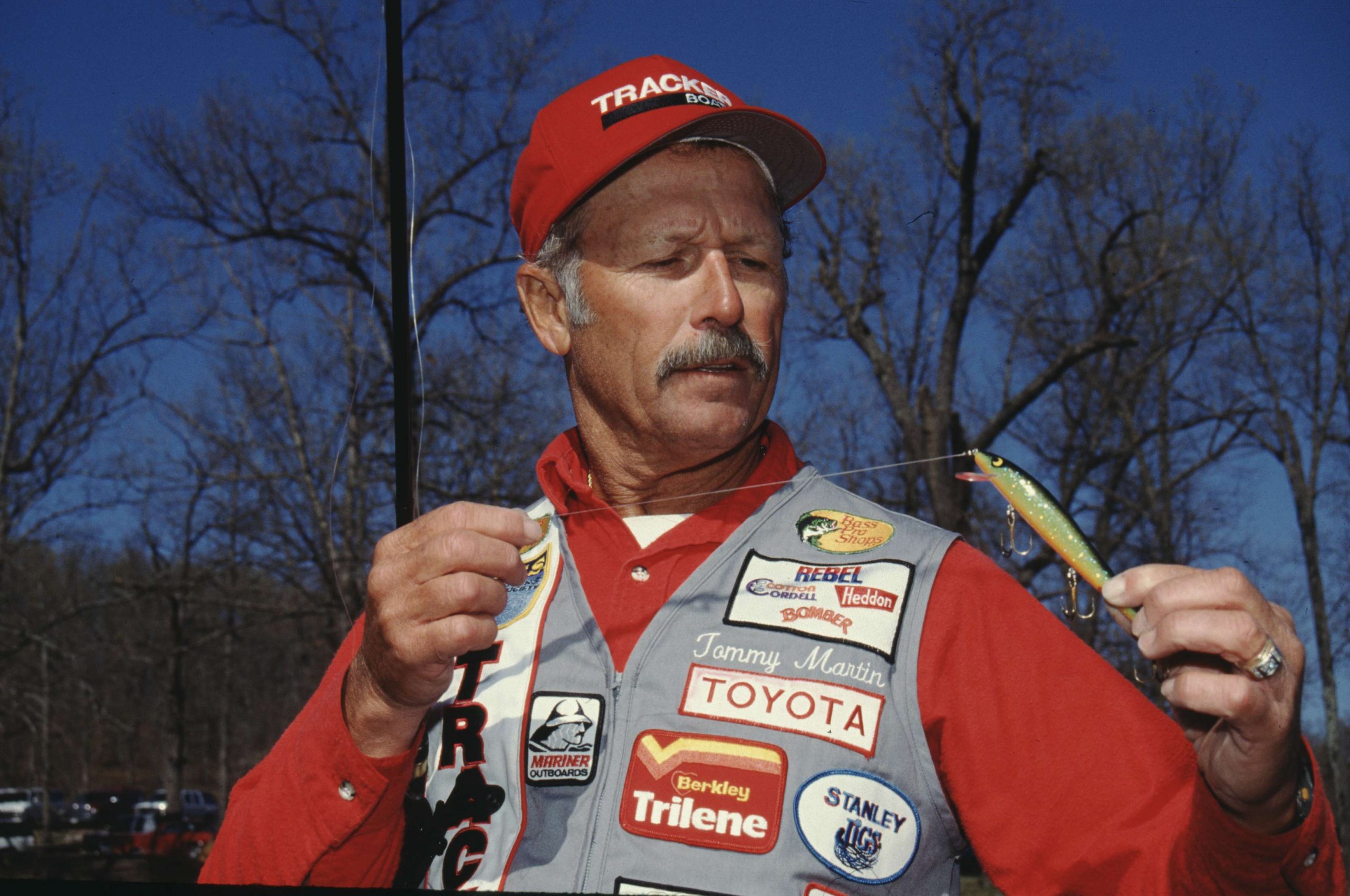
Martin won the 1974 Classic as a rookie and fished his 19th world championship in 2002, a true testament to his stamina and passion for professional bass fishing. He was a mentor to Nixon and other young pros. Today he still guides on Toledo Bend and competes in the Bass Pro Shops Bassmaster Opens.
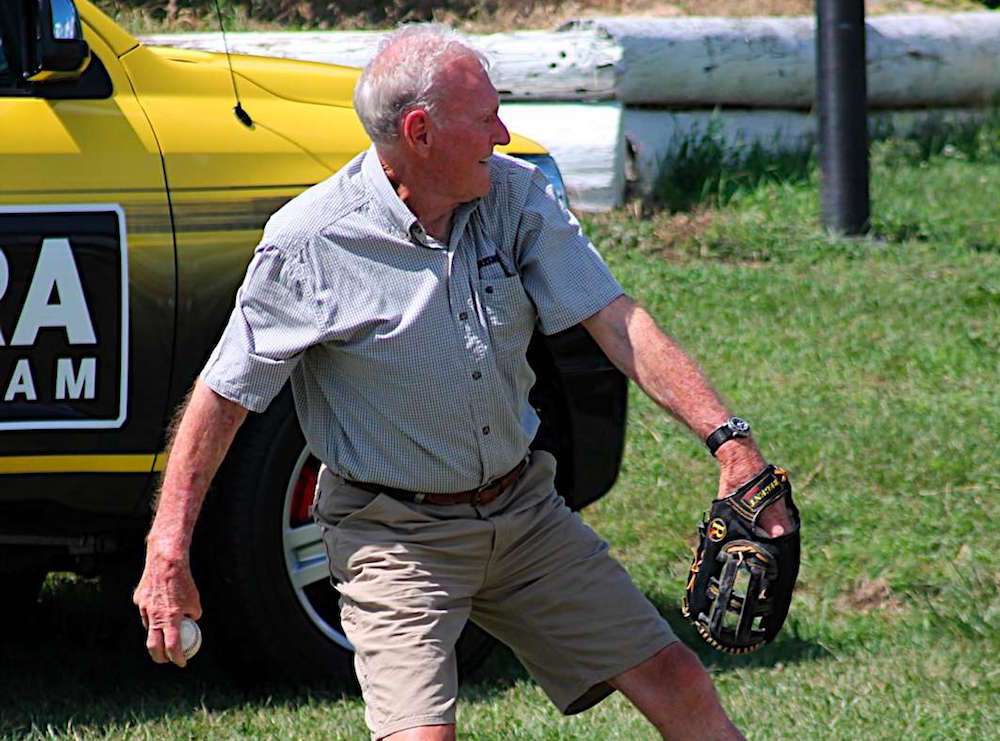
Jerry McKinnis, known as one of the most influential people in the outdoor fishing industry, created The Fishin’ Hole, a television show that aired for 44 years and was the longest running show on ESPN, behind SportsCenter. McKinnis, along with two partners, owned B.A.S.S. from 2010-17. He competed briefly as a B.A.S.S. pro, quitting the tour in the 1970s to refine his talents as an outdoor TV host and producer.
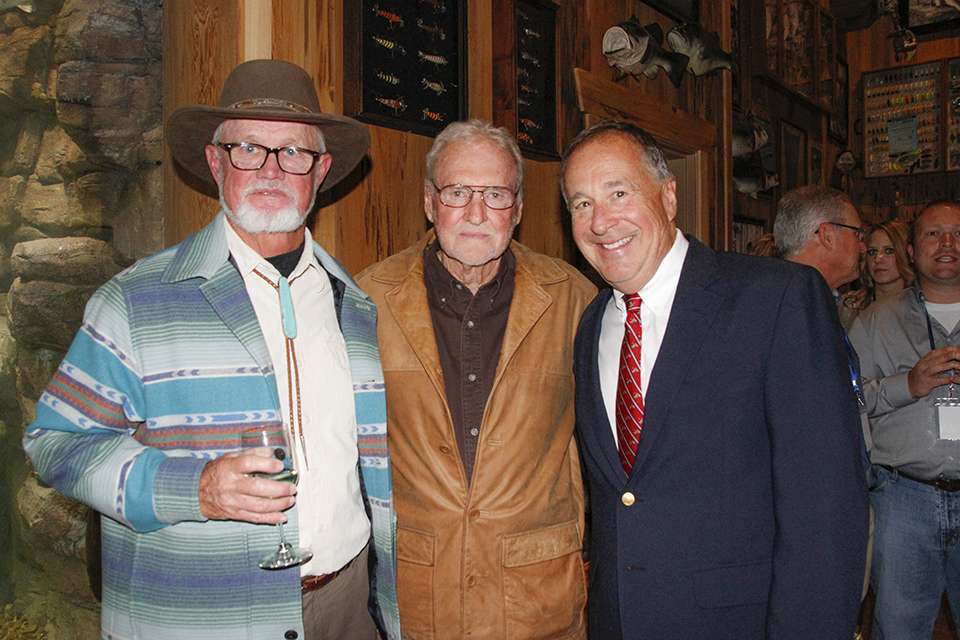
Johnny Morris, founder and CEO of Bass Pro Shops, got his start in 1972 by selling fishing tackle out of the back of his father’s store. Morris pioneered the concept of destination retail and created an outdoor gear enterprise that is one of the most beloved and well-recognized brands in North America. In 1978, Morris introduced Bass Tracker, the world’s first professionally rigged and nationally marketed boat, motor and trailer package.
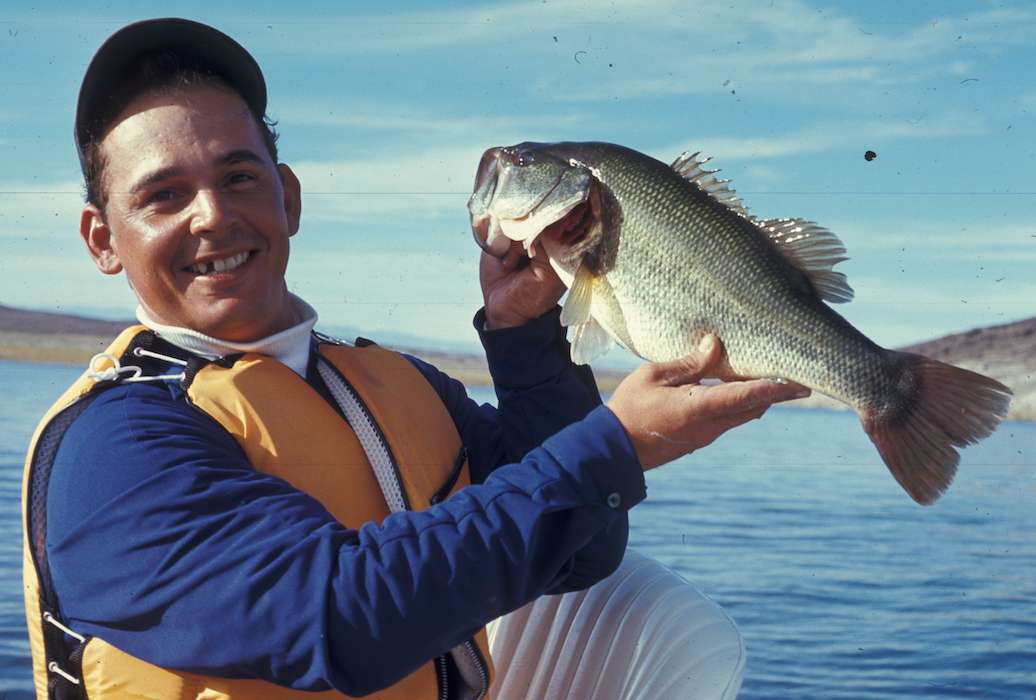
Murray became the first Classic champion and won again in 1978. He went on to become an executive with Hydra-Sports Boats, and then a lure and fishing tackle inventor and promoter.
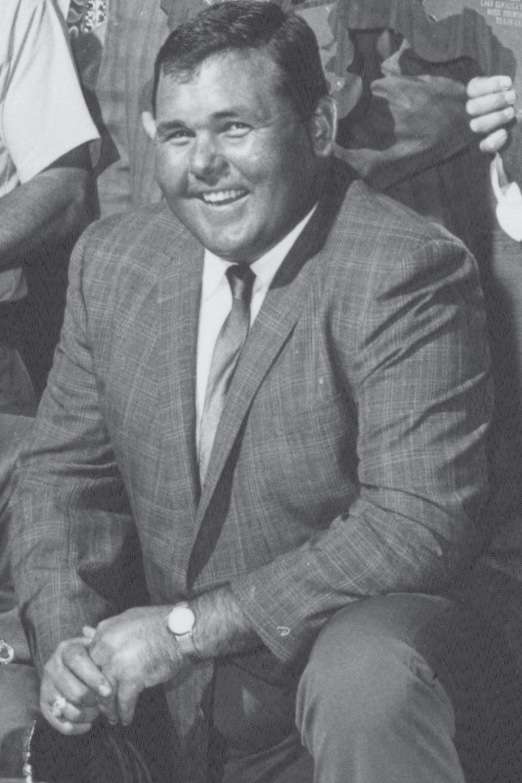
A tournament trail pioneer who recruited countless B.A.S.S. members for Scott during the early years, Murski also attached a metal seat from a hay baler to the top of his 60-hp outboard, and thus created the first casting seat in a fishing boat.
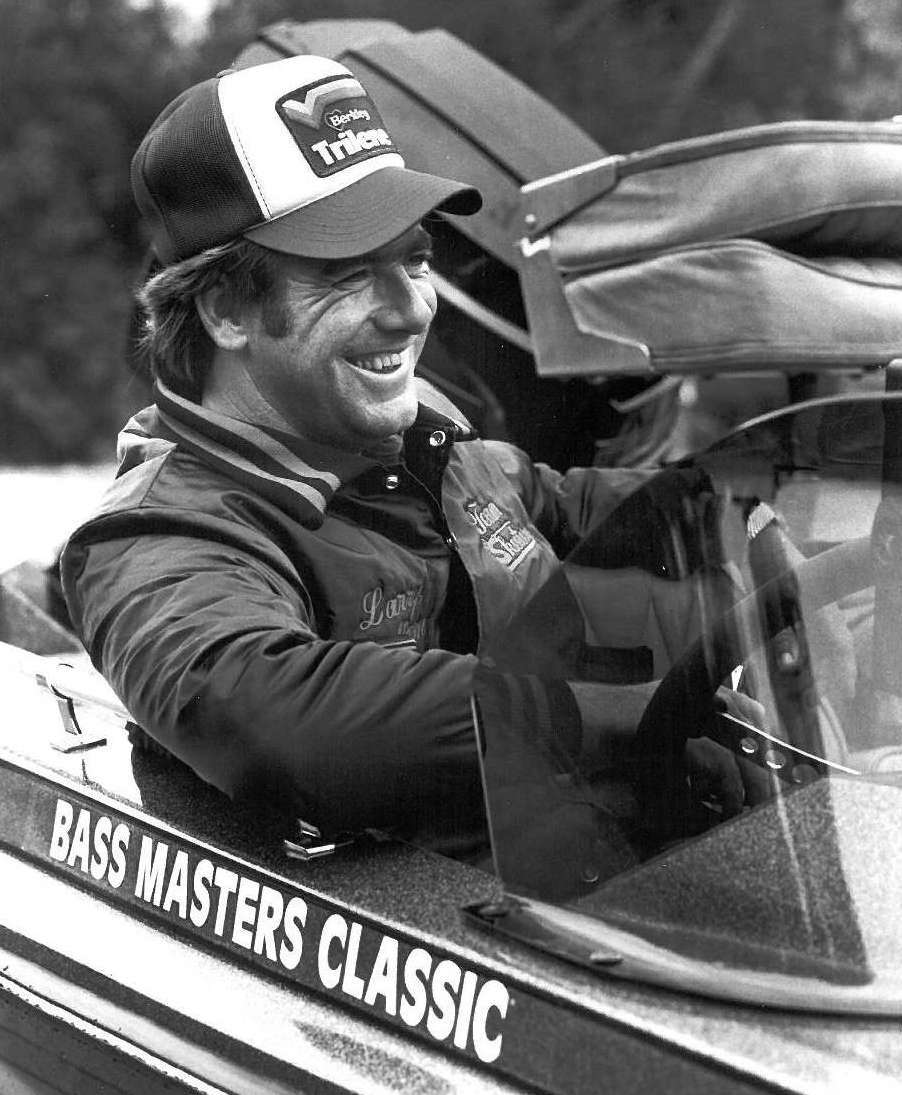
A Toledo Bend guide who turned pro in 1976 and became the first professional angler to earn more than $1 million in B.A.S.S. earnings (much of it from four B.A.S.S. MegaBucks victories), Nixon is one of the most consistent pro anglers of all time. Nixon has invented lures, refined techniques and is one of the all-time B.A.S.S. legends. Nixon qualified for 25 Bassmaster Classics, won the 1983 championship, and notched 14 career wins. He cashed a check in 176 of 260 events fished.
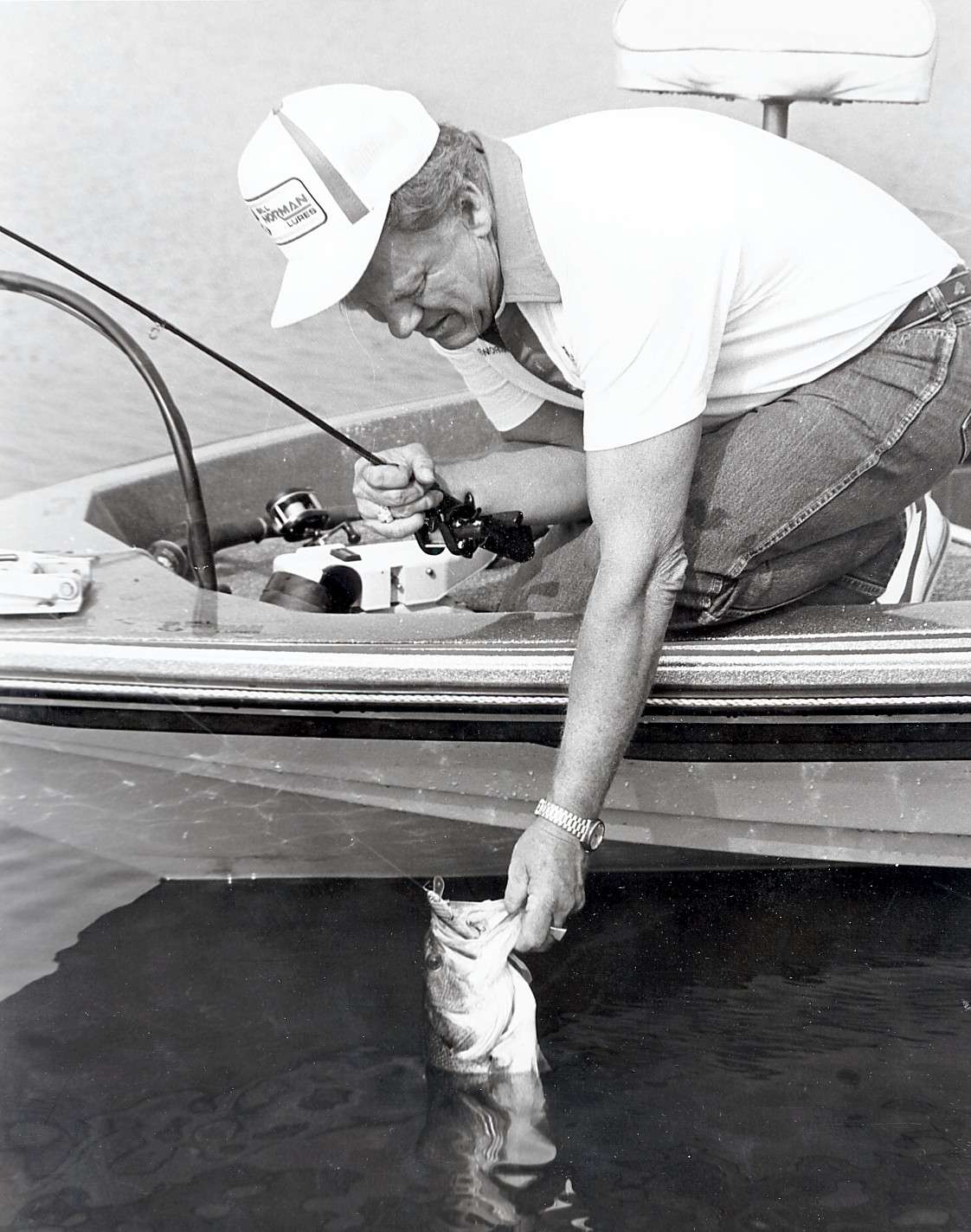
Bill Norman founded Norman Lures in the early 1960s. Some of Normanâs early creations are still being marketed and used to catch fish today. These include the DD22 and Deep Little N, which continue to be standards in deep-diving crankbaits. Being an early pioneer, Norman looked at major bass tournaments as a route to get his lures before the general public.
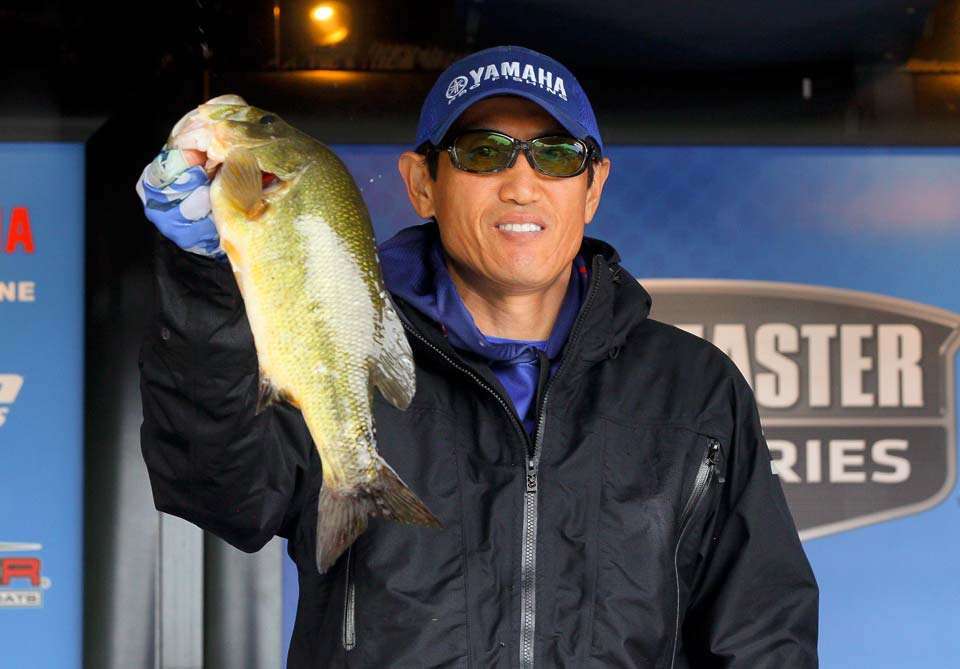
Omori came from Japan to pursue his dream of becoming an American bass fishing pro. He was known to have traveled the country in a rental car that double as his motel room. Omori went on to win the 2004 Bassmaster Classic, becoming the first Japanese angler to win the world championship. Omori has seven B.A.S.S. titles, placed in the money 151 of 291 events fished, and has $2 million in earnings.
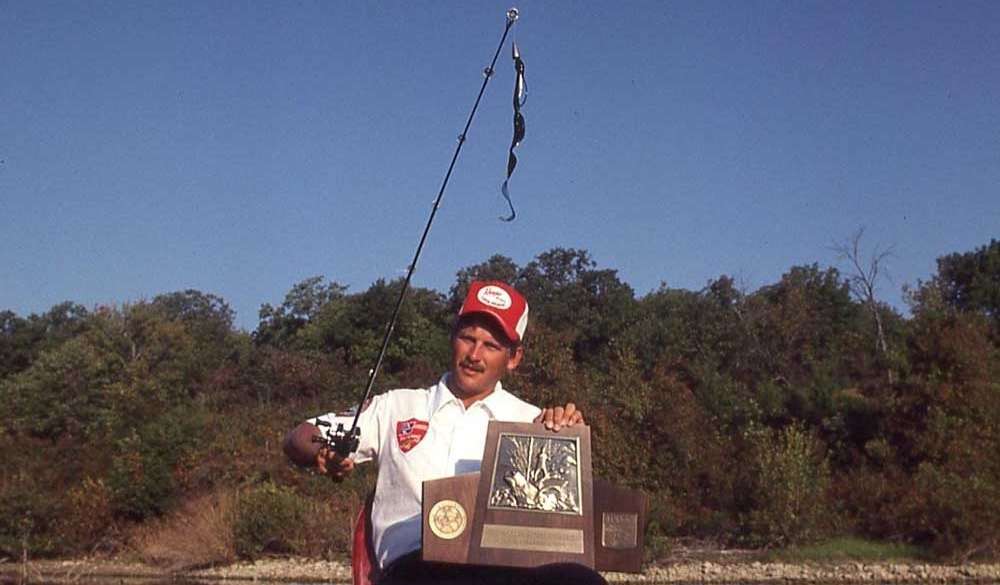
One of the six anglers to win at least two Classics (1979, 1989), Parker was one of the most sought after pros, both on the seminar circuit, and among sponsors. He launched TV’s Hank Parker’s Outdoor Magazine in 1985 and retired from pro fishing in 1991. Parker began his B.A.S.S. career began in 1978, and won five events and the 1983 Bassmaster Angler of the Year title.
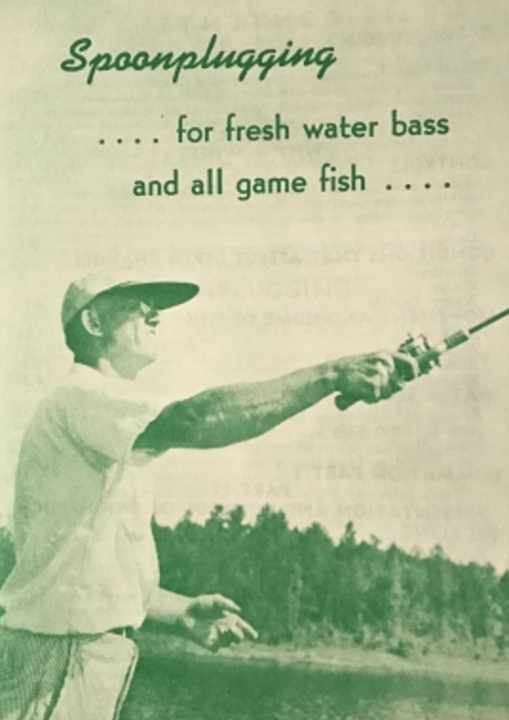
Perry is widely acclaimed as the “father of structure fishing,” as he opened up Americaâs lakes and rivers to a different style of fishing than anyone had ever enjoyed. Before sonar, Perry was using his Spoonplugs and trolling tactics to catch deep water and offshore bass that others did not even know existed. Perry spent his life educating others about bass migrations, habitat and deep water methods.
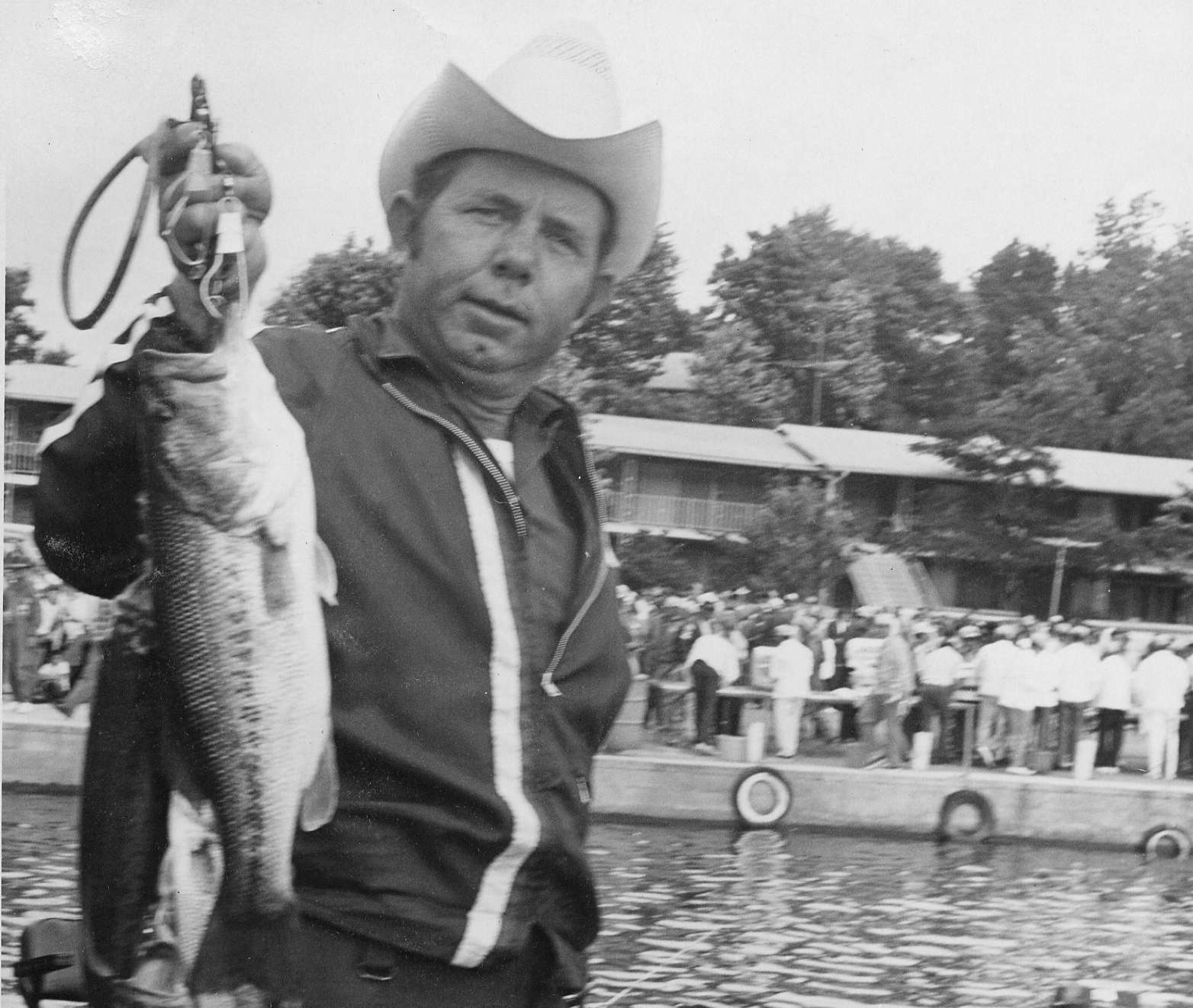
Powell was one of the first bass fishermen to gain industry sponsorship Creme Lures signed him in 1967, prior to the Dixie Invitational â Ray Scott’s second tournament. The following year, he rewarded Creme by using Shimmy Gal worms to catch 132 pounds, 12 ounces from Lake Eufaula, Ala. Powell was one of the sport’s first stars and became a popular seminar speaker.
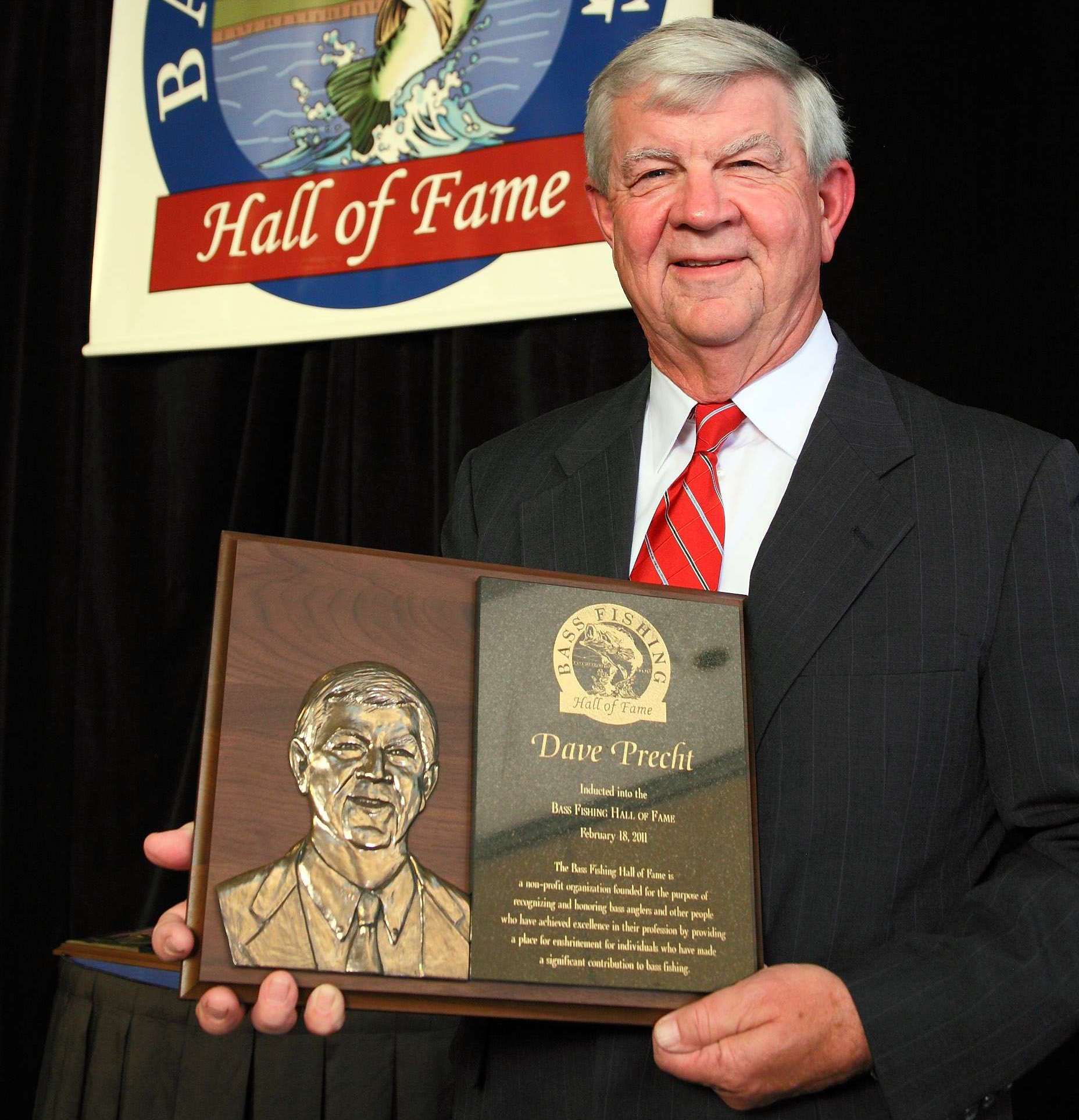
From covering the Bassmaster Classic as Houston Post outdoor editor to his current position as vice president of B.A.S.S. publications and communications, Precht’s career spans more than 40 years of writing about bass and the professional tournament scene. After serving as the editor of Southern Outdoors Magazine for four years, Precht replaced Bob Cobb as editor of Bassmaster Magazine in 1984. Ray Scott hired Precht in 1979 and heâs covered every Bassmaster Classic since 1978.
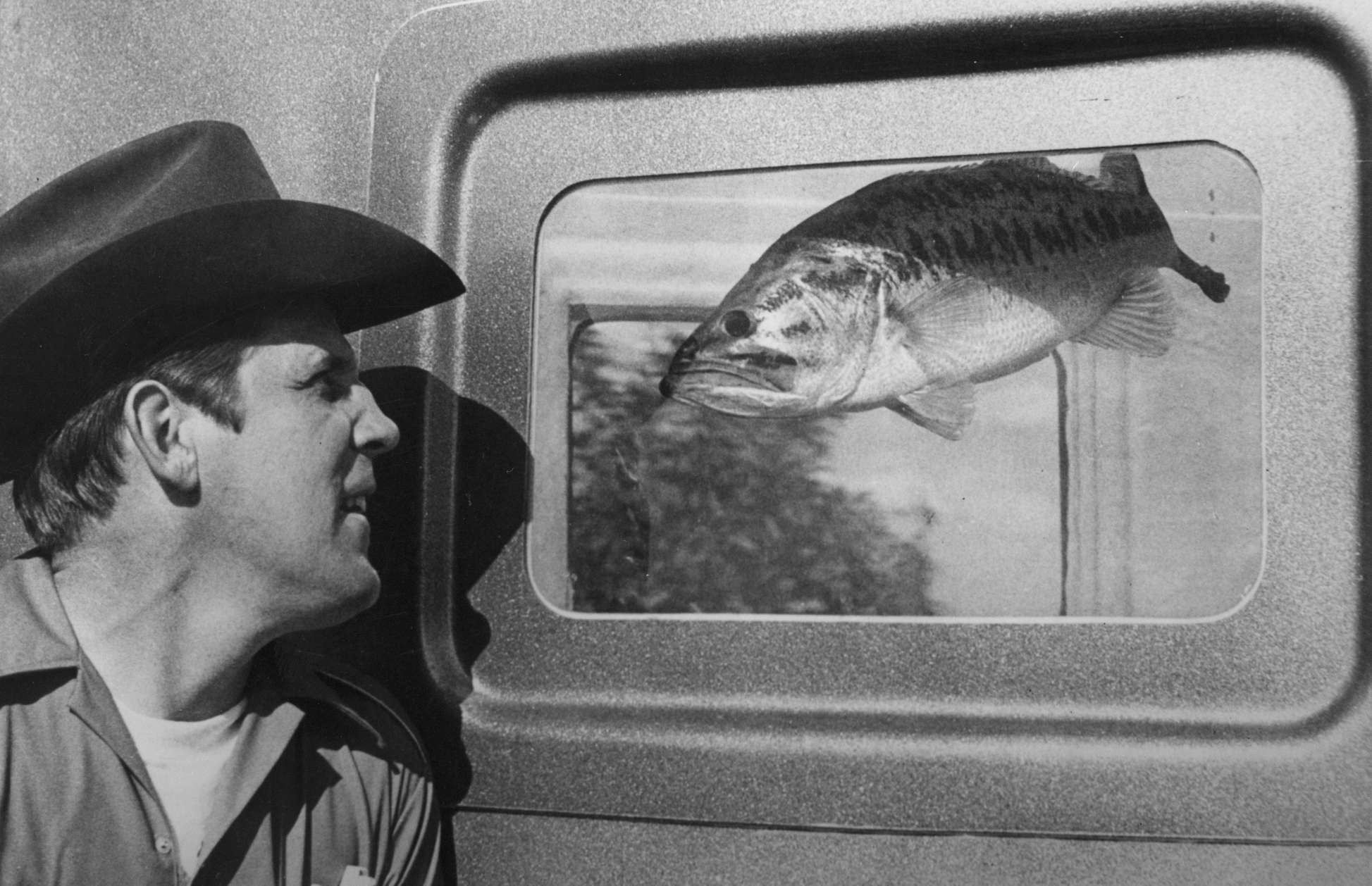
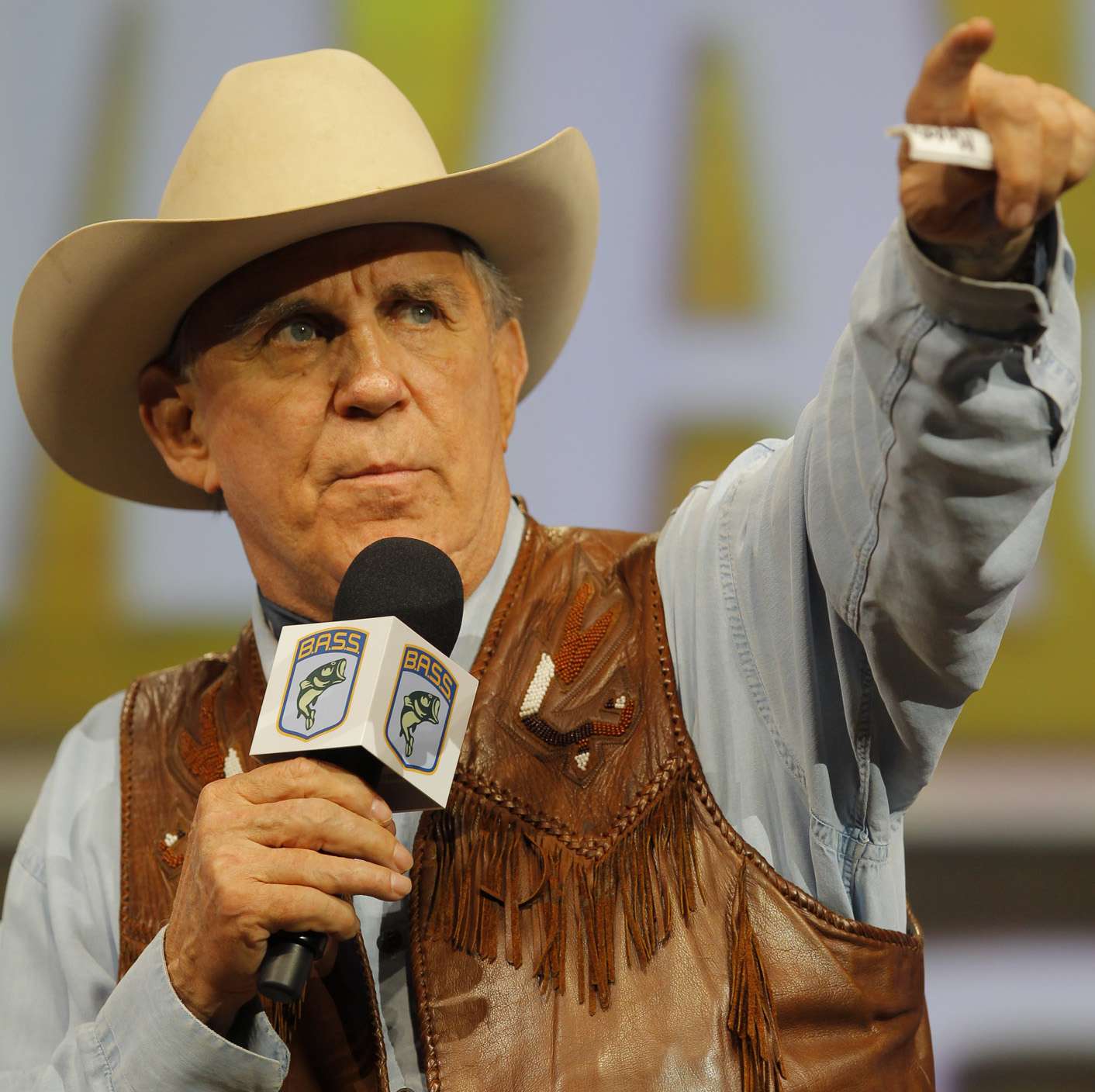
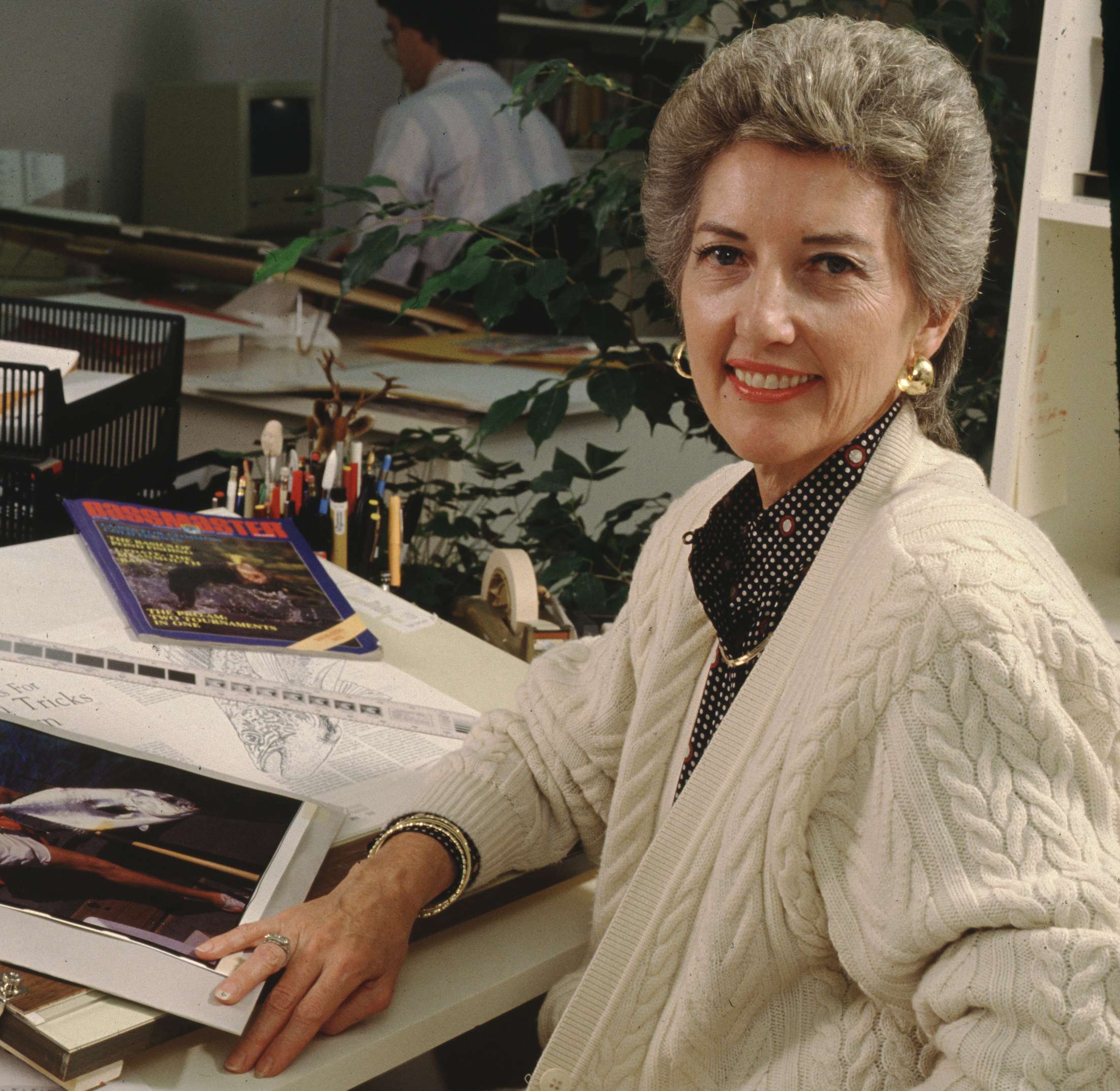
Sevier devoted three decades of service to the fishing industry, first as executive vice president and, from 1986-2001, CEO of B.A.S.S., Inc. Under her leadership, B.A.S.S. grew to 600,000 members worldwide and conducted the worldâs most prestigious fishing tournament circuit. She worked tirelessly to promote sport fishing and conservation, creating the Bassmaster Casting Kids program, which has introduced millions of youngsters to fishing, in 1991.
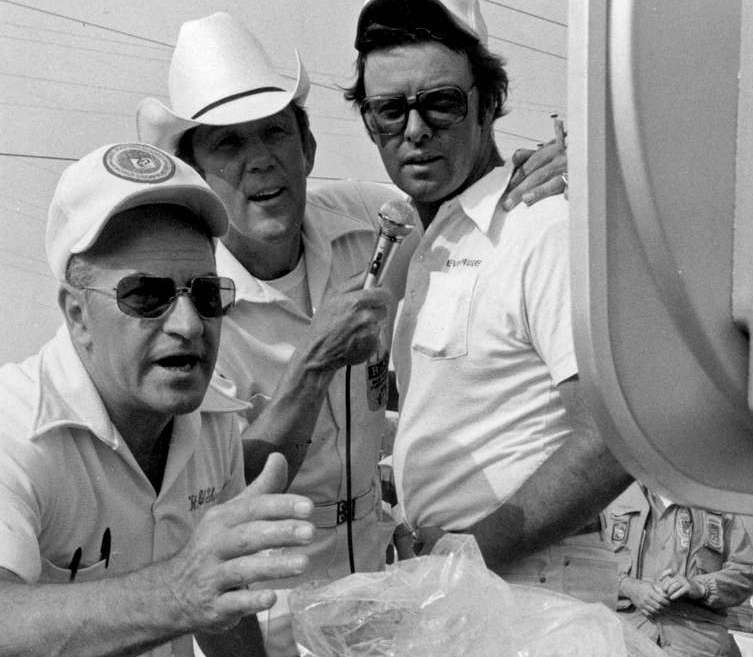
Sharp helped Ray Scott refine the rules and formats of professional bass tournaments in the first two decades of B.A.S.S. history. Sharp retired from the Southern Railroad after 26 years and moved to Montgomery, Ala., to head up the Bassmaster Seminar Tour, with dozens of stops throughout the country. He became B.A.S.S. tournament director in 1970, serving in that role until he retired in 1987. His Chattanooga Bass Club was the first to affiliate with B.A.S.S., and he was a leader in establishing the network of clubs that is now known as the B.A.S.S. Nation.
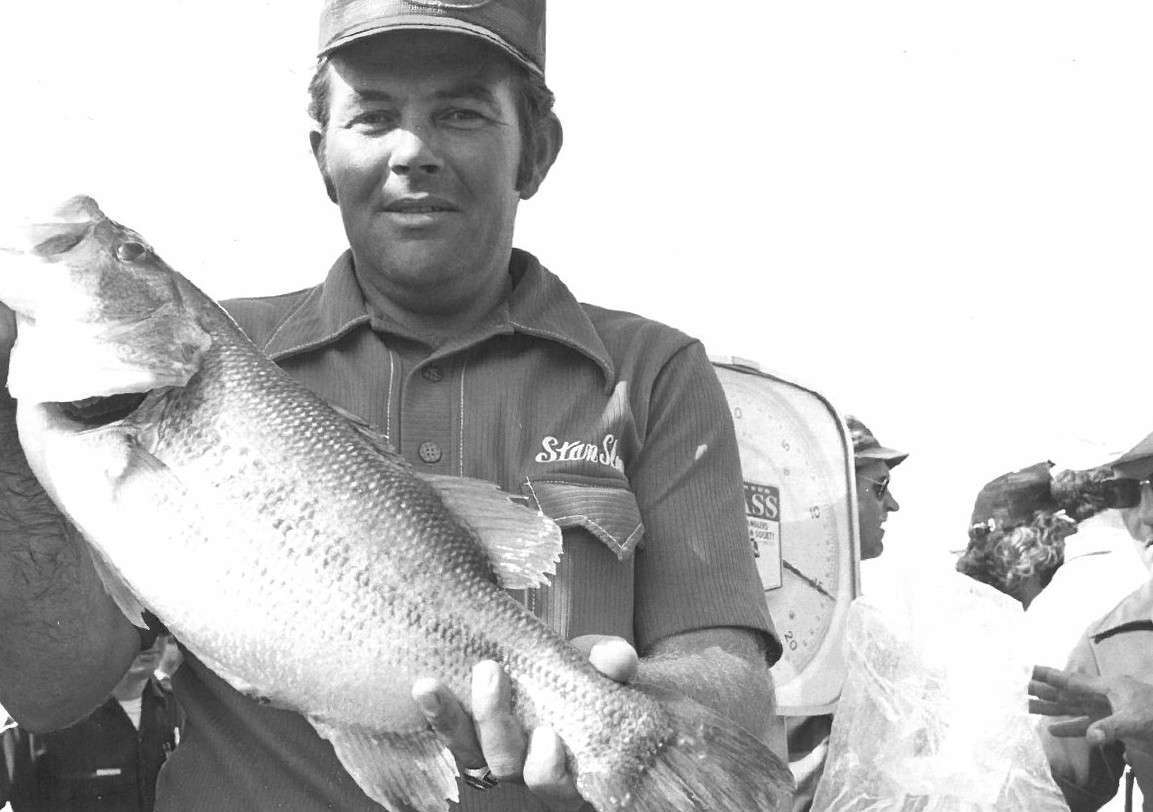
After winning Scott’s first tournament in 1967, this former Nashville policeman launched a business to build Zorro Aggravator spinnerbaits and other lures. The spinnerbait took off when Bobby Murray used it to win the first Bassmaster Classic in 1971 on Lake Mead. Sloan’s Zorro Bait Co. remains successful after nearly five decades.
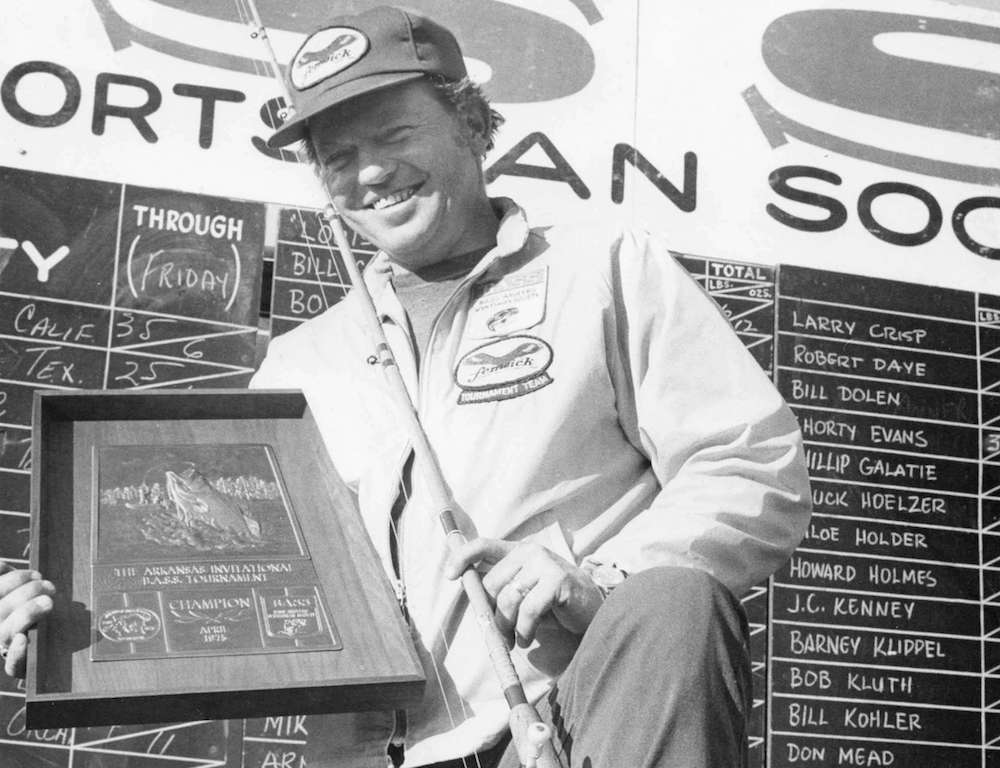
This California angler left an indelible mark on bass fishing when, in 1975, he won the Arkansas B.A.S.S. Invitational, held on Arkansas’ Bull Shoals Lake. Using a 7-foot rod to propel a bait with precision accuracy into tight cover, Thomas used the event as his stage to reveal the flipping technique, which he invented. Innovative anglers modified flipping to create another mainstream technique, pitching.
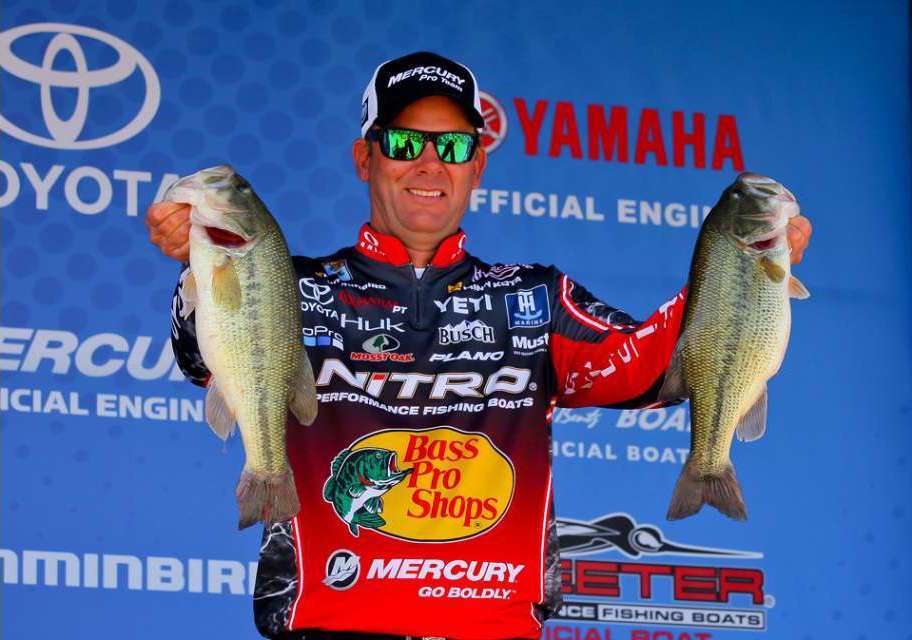
VanDam is one of the most recognized names in bass fishing as the all-time money winner with B.A.S.S. (more than $6 million). VanDam has won four of the 27 Bassmaster Classics in which heâs competed, has a record 25 B.A.S.S. wins and has seven Bassmaster Angler of the Year titles. He was the first-ever winner of ESPNâs âOutdoorsman of the Yearâ ESPY trophy. In addition to his fishing accomplishments, VanDam is a philanthropist through his KVD Foundation as well as contributions in the KVD Charity Classics with the Detroit Lions, Michigan hospitals, March of Dimes and the Make-A-Wish Foundation.
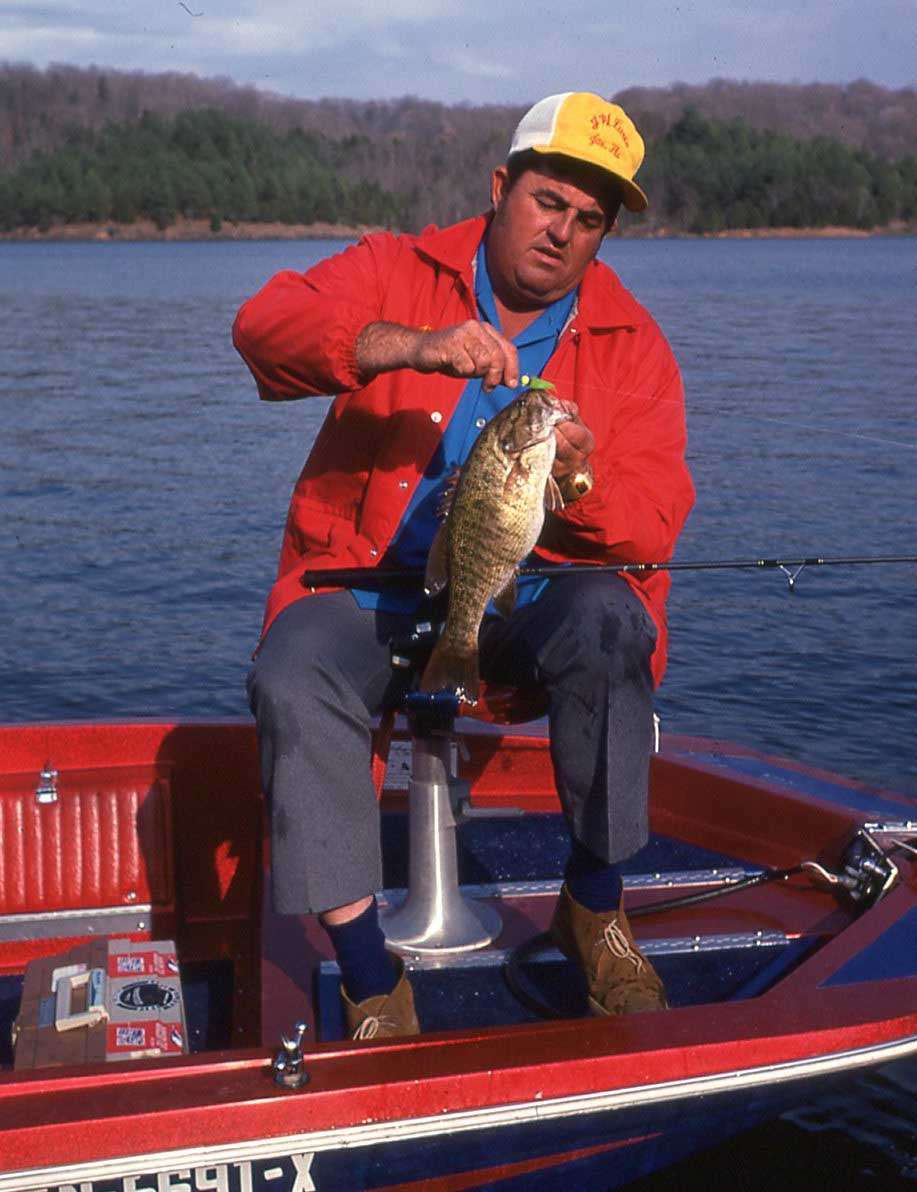
Westmorland competed on the tournament trail in the 1970s, but is most recognized for promoting smallmouth bass fishing. Born and reared on the shoreline of Tennessee’s Dale Hollow Lake, where the world record was caught, Westmorland died in 2002.
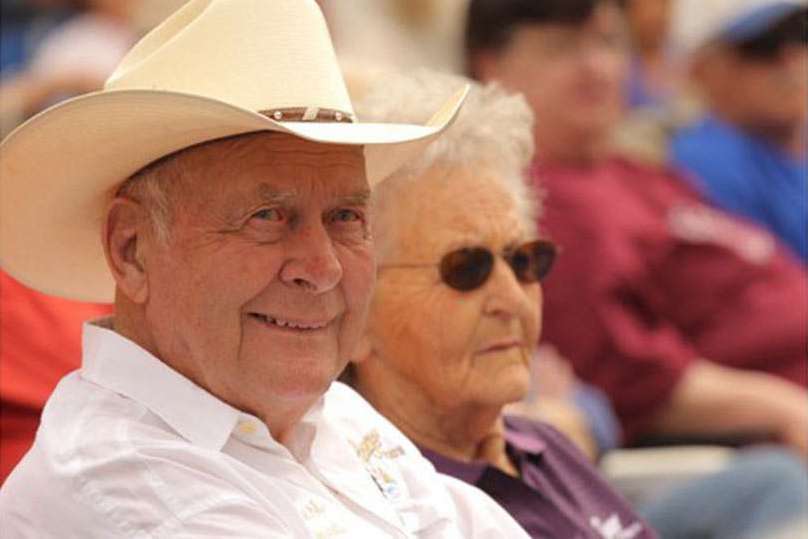
Forrest Wood took one of his first boats to the 1968 B.A.S.S. Dixie Invitational in Alabama and returned to Flippin, Ark., with a shoebox filled with orders for what became Ranger Boats. The company started by Wood and his family went on to set the modern standard for bass boats, including the first built-in livewell system. Wood validated his early “built by fishermen, for fishermen” ad slogan by fishing the B.A.S.S. tour for nearly two decades. Ranger, the most popular boat on the tournament trail during that period, was the official Classic boat from 1972 until 2001.
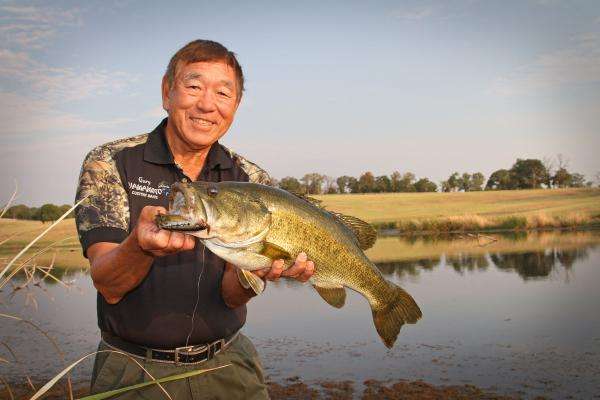
Yamamoto, founder of Gary Yamamoto Custom Baits, is credited with numerous innovations in the design and manufacturing of soft plastic lures. His Senko is one of the most important lure developments in recent years, and his other creations, including the Hula Grub, are mainstays in anglers tackle boxes the world over. A very successful professional angler in his own right, Yamamoto sponsors numerous pros in the United States, Europe and Japan, and is also publisher of Inside Line Magazine.
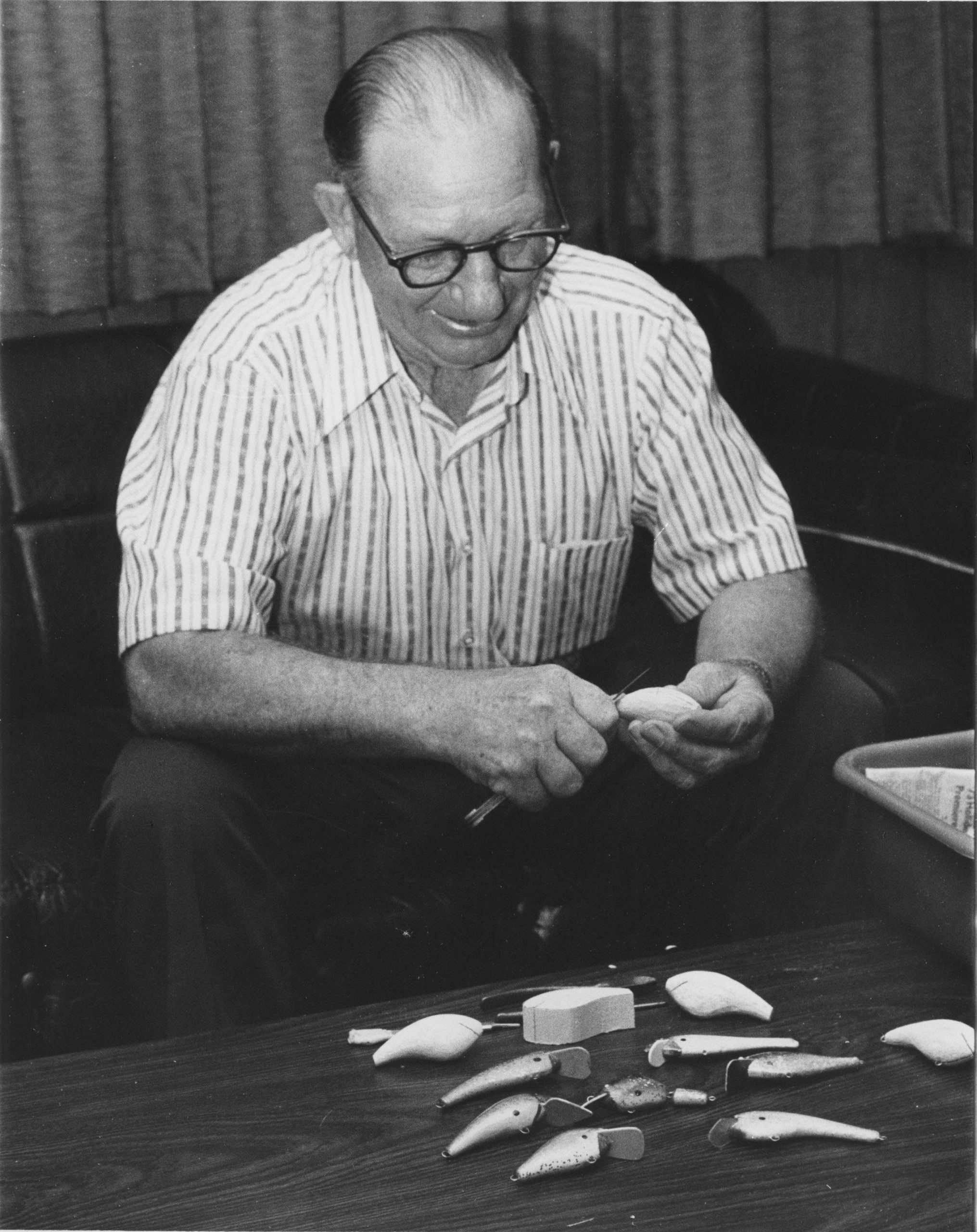
In 1967, this 65-year-old whittler from Tennessee carved the first Big-O fat-bodied crankbait, almost single-handedly creating a major lure category. He sold his homemade baits to fishing buddies. A few found their way into the hands of the early BASS pros. The secret came out with the handmade baits in such demand, they sold for $10 apiece on the fishing circuit black market.

